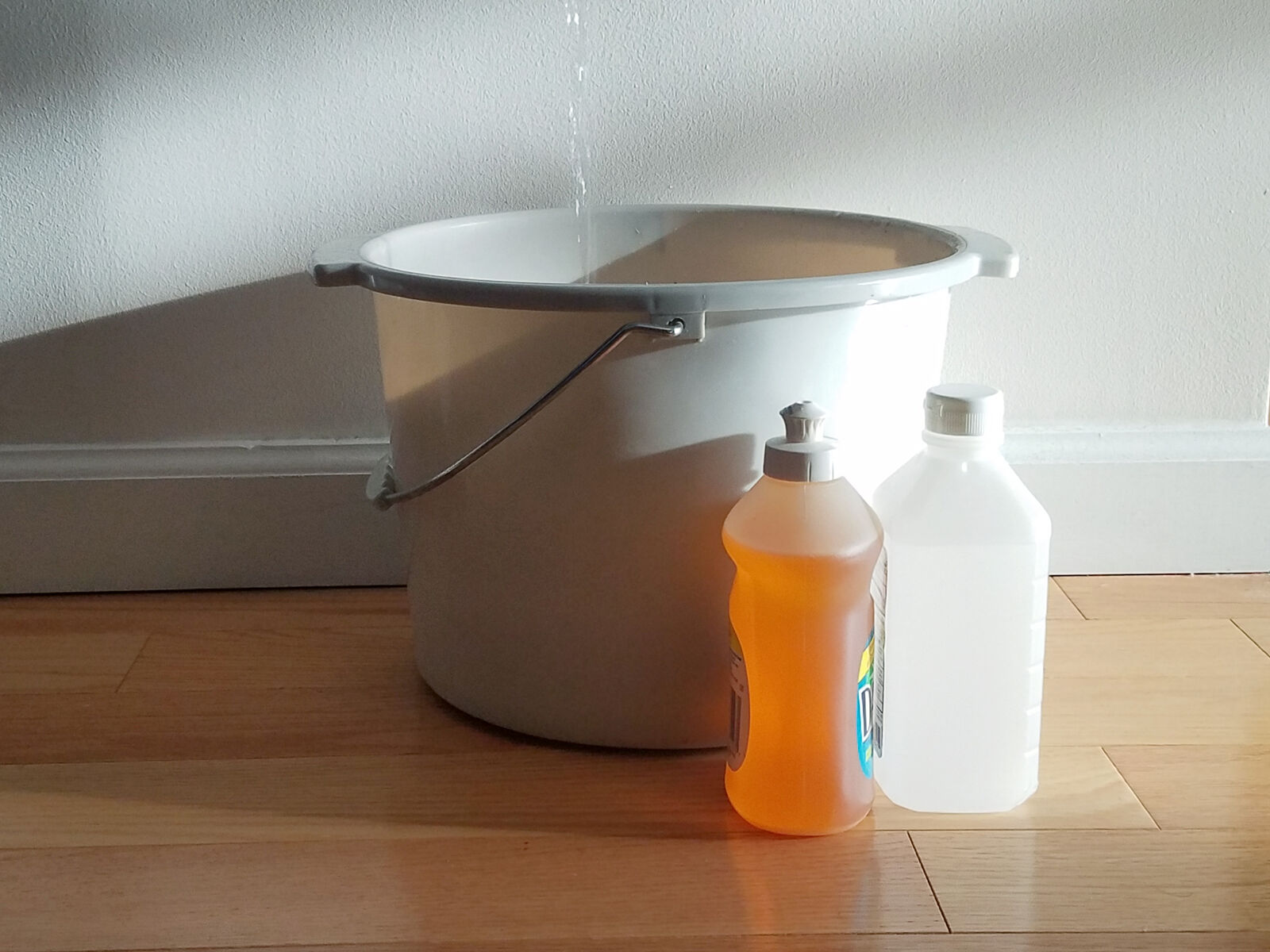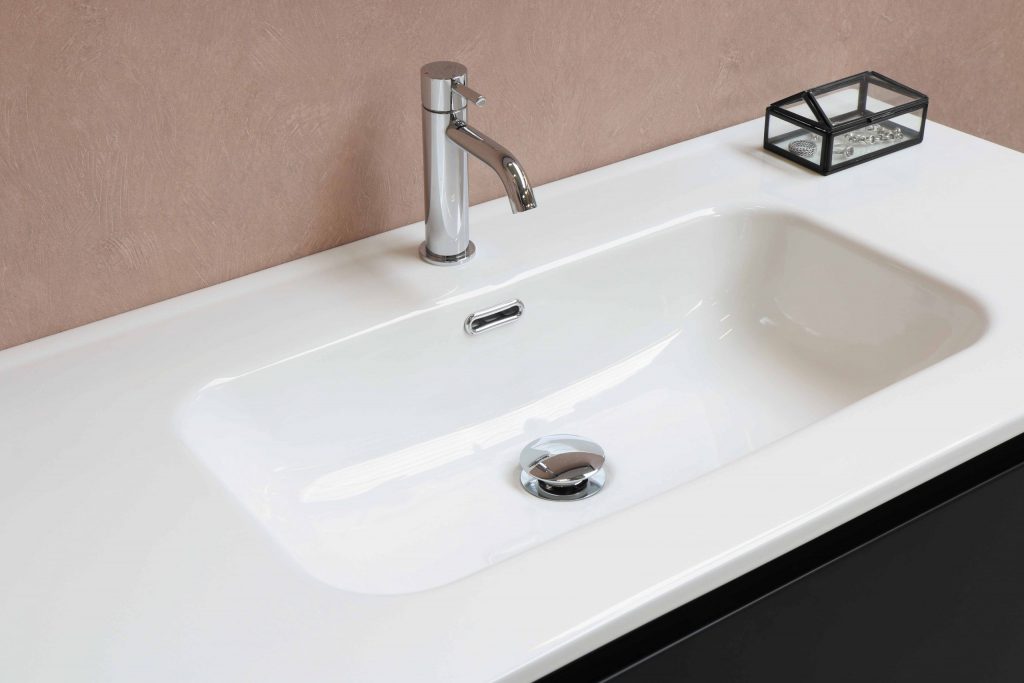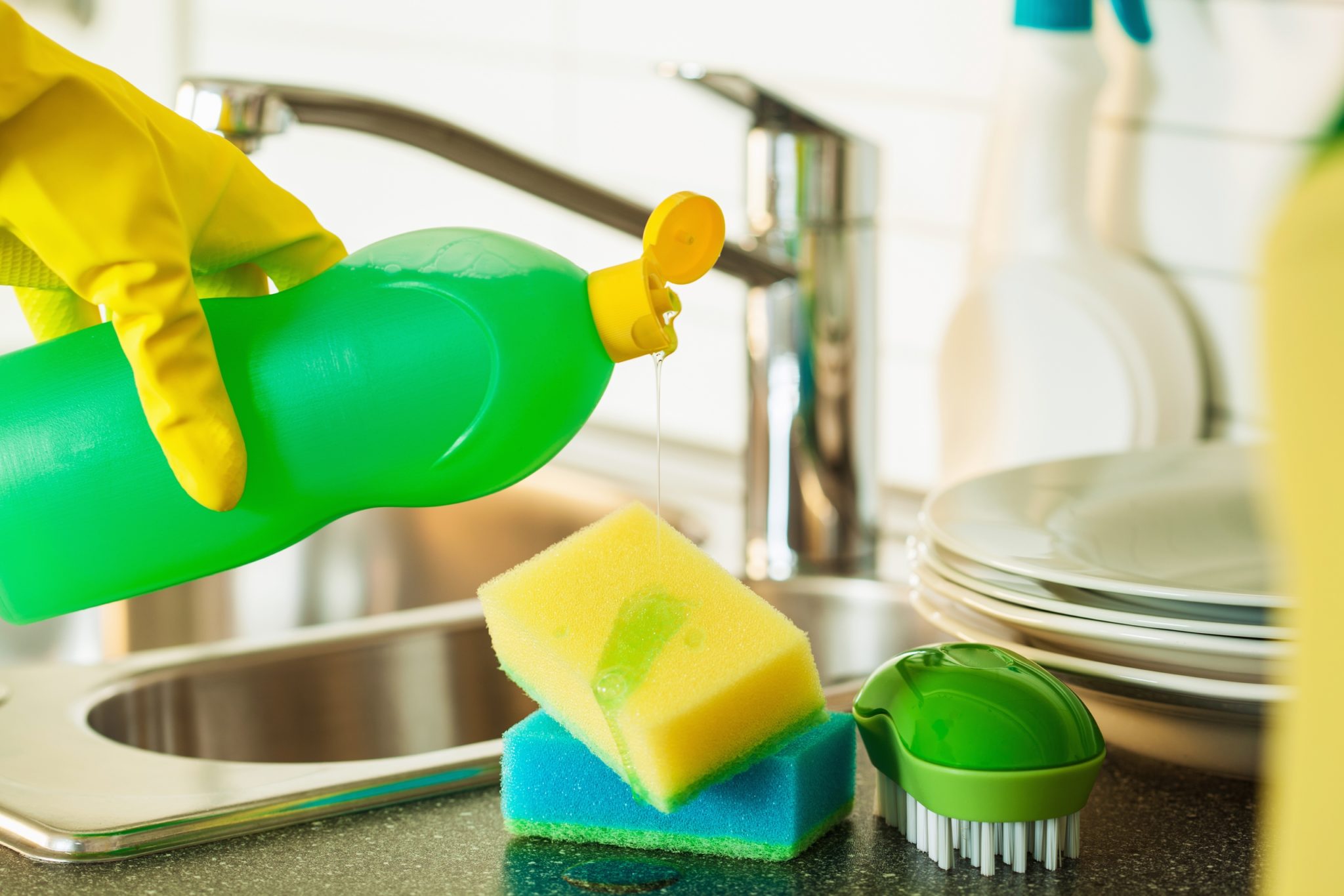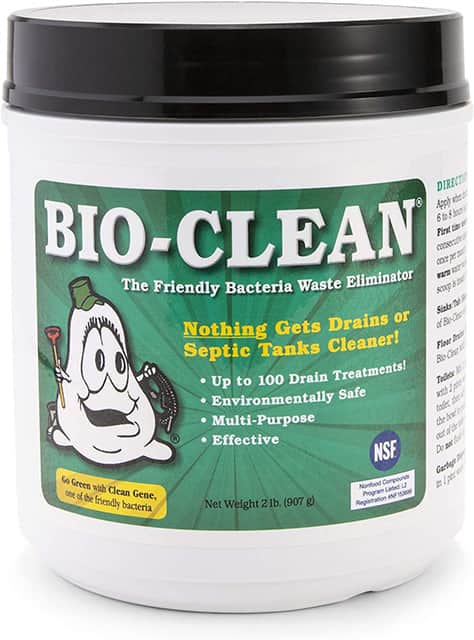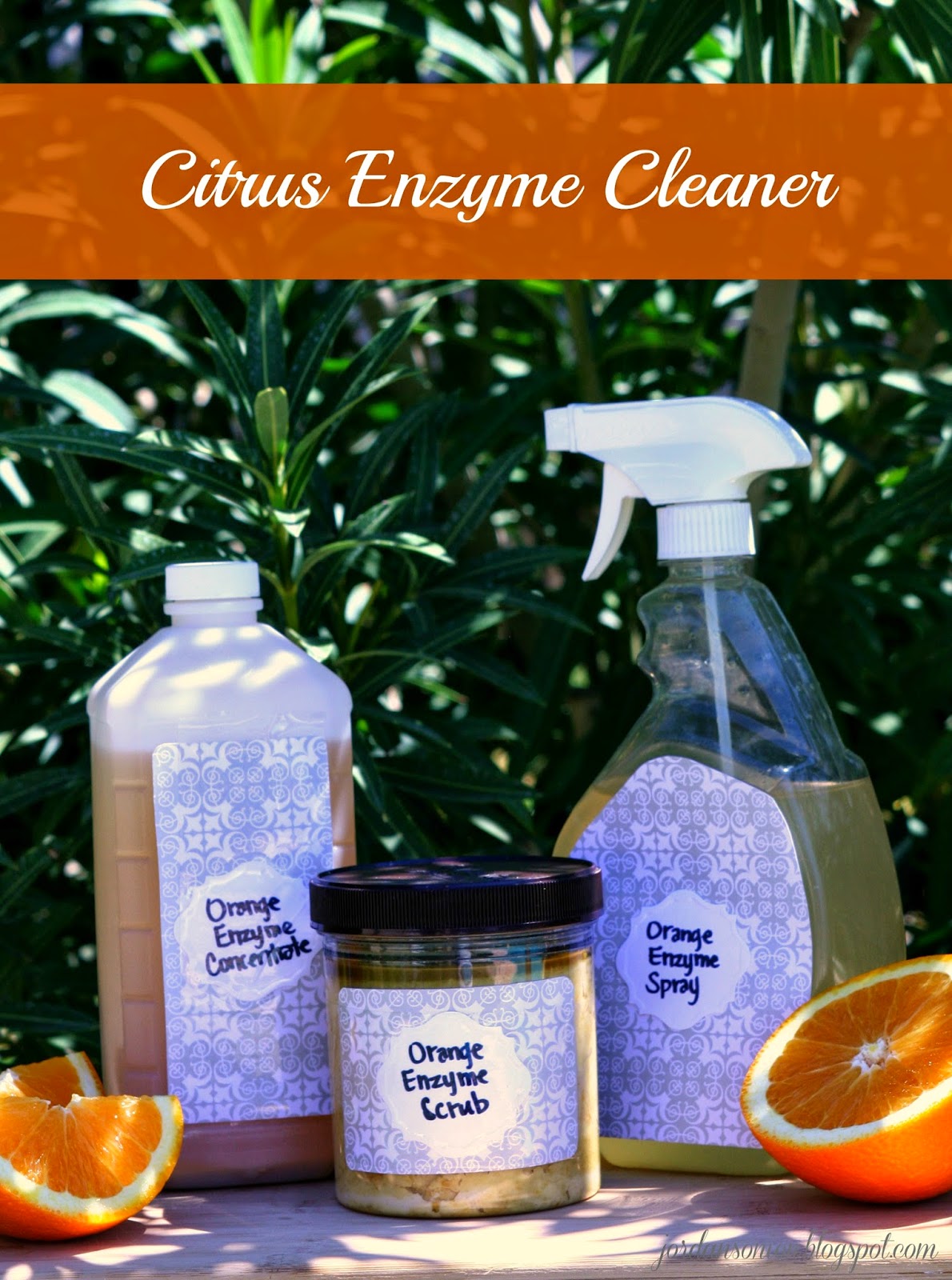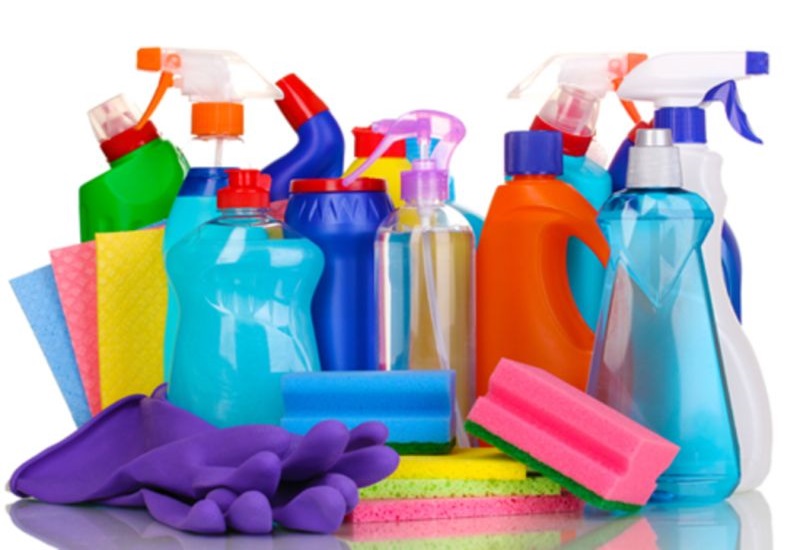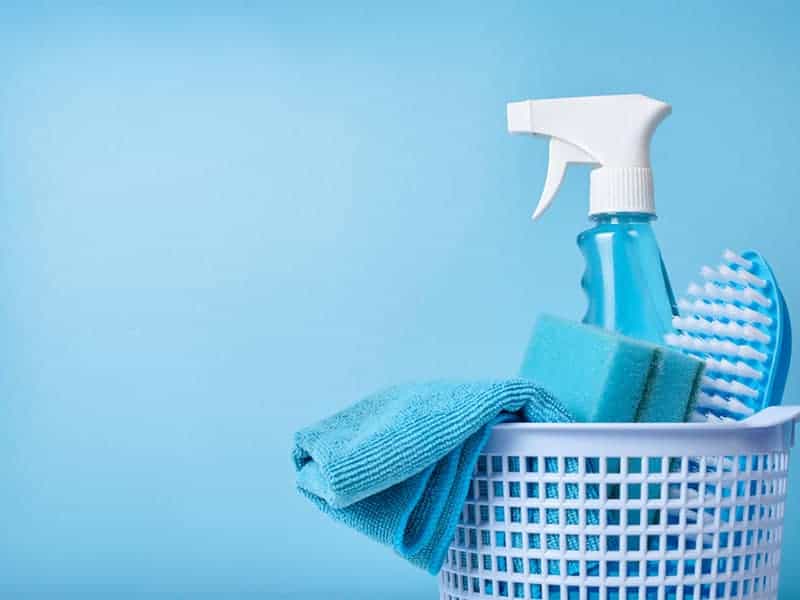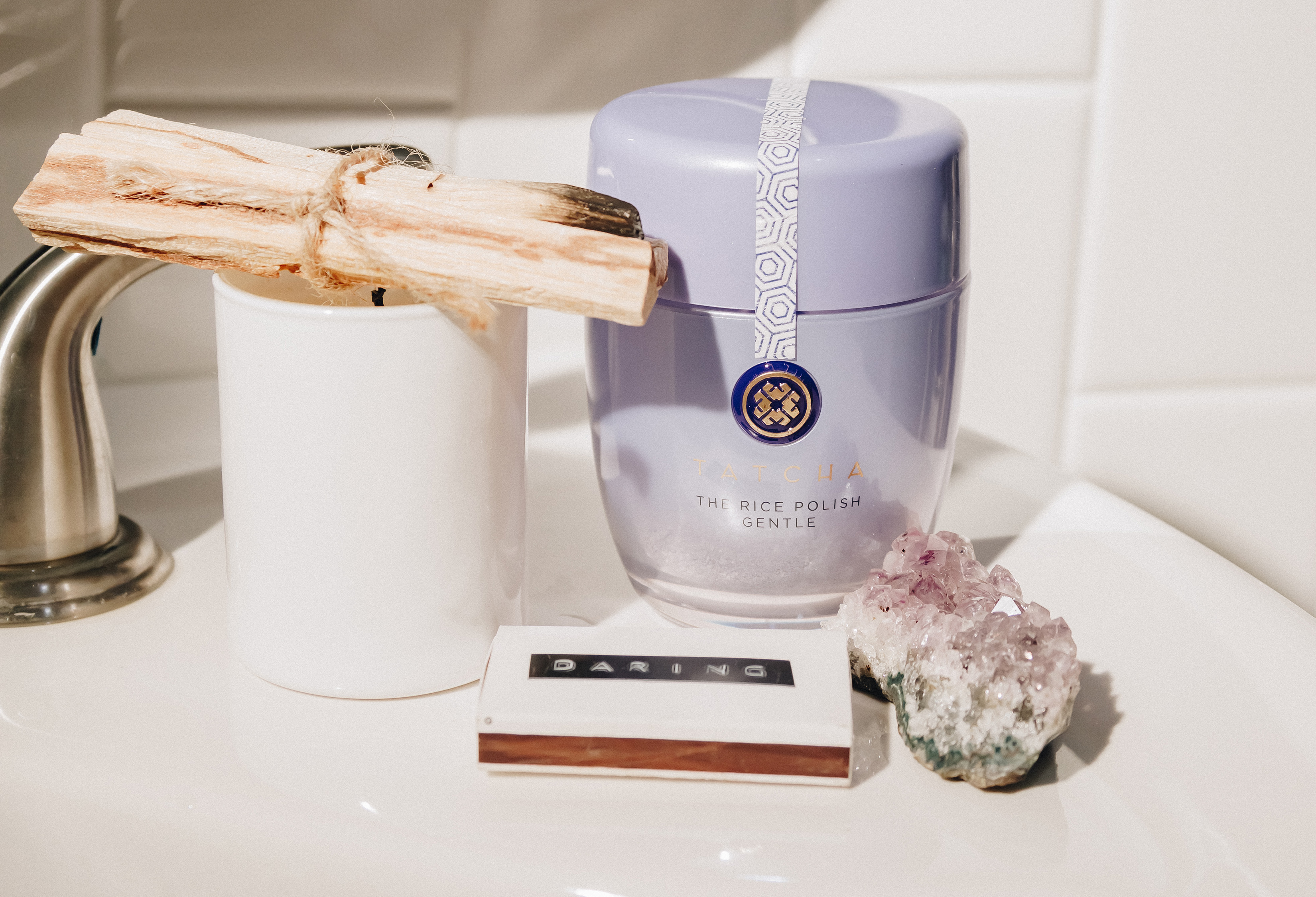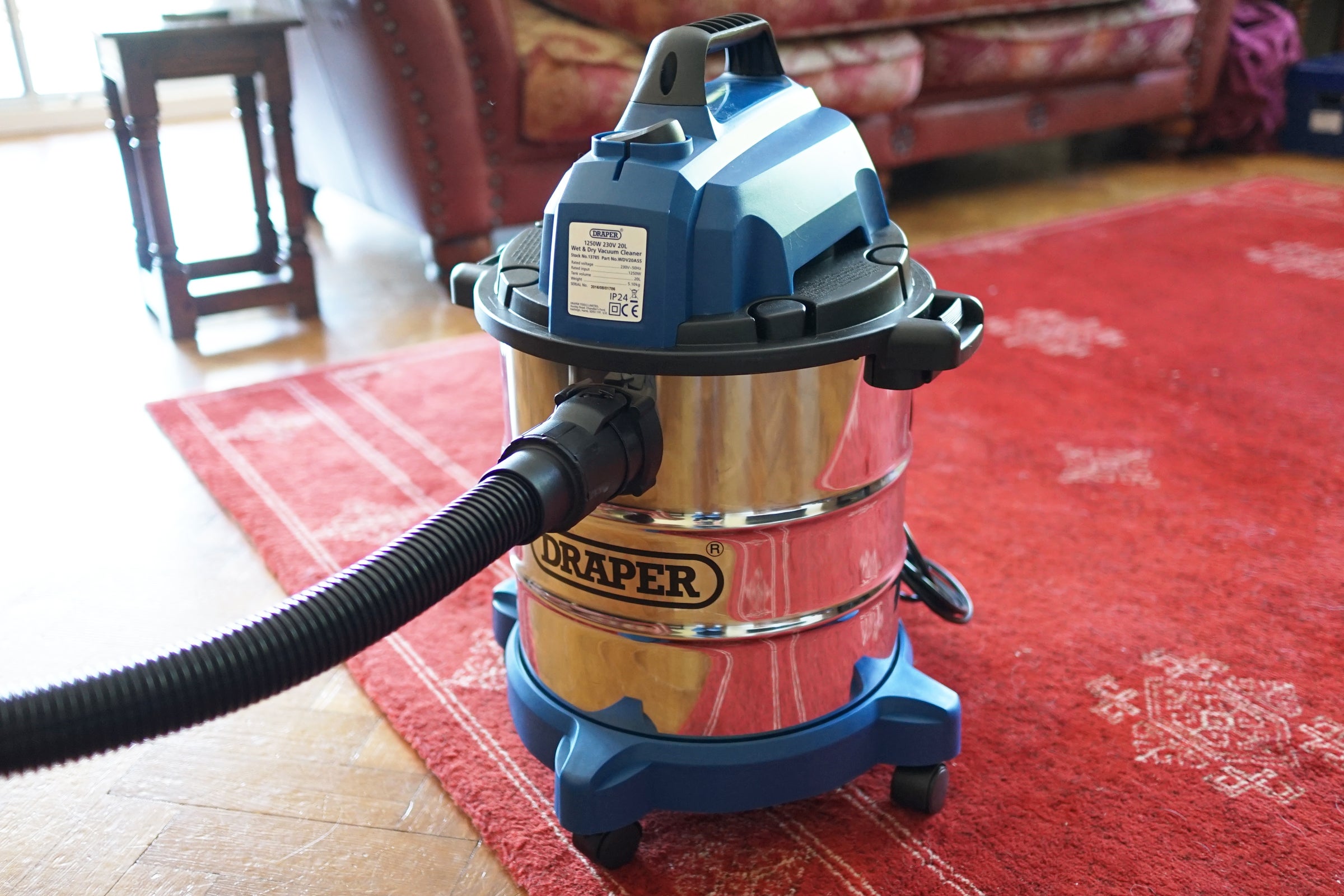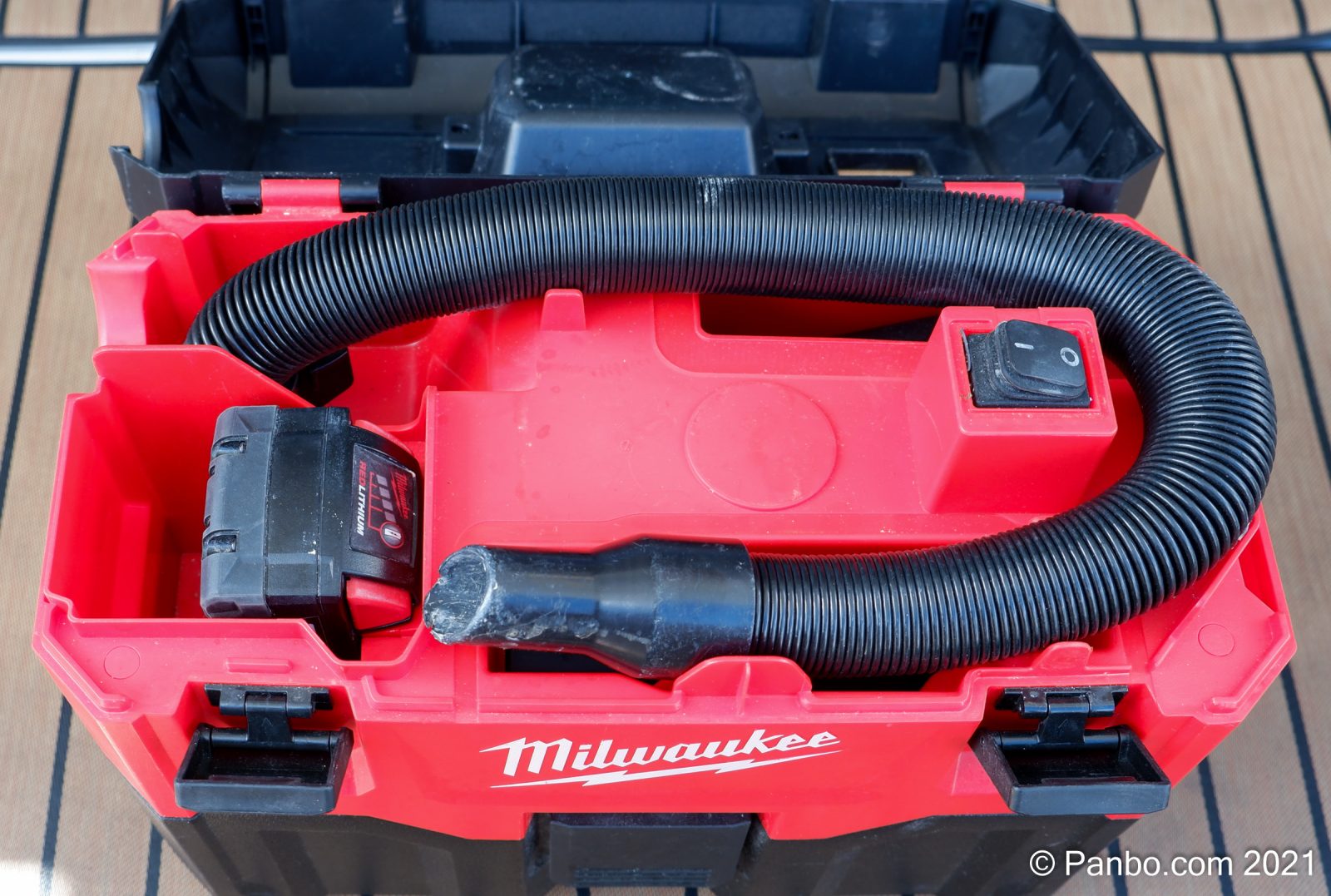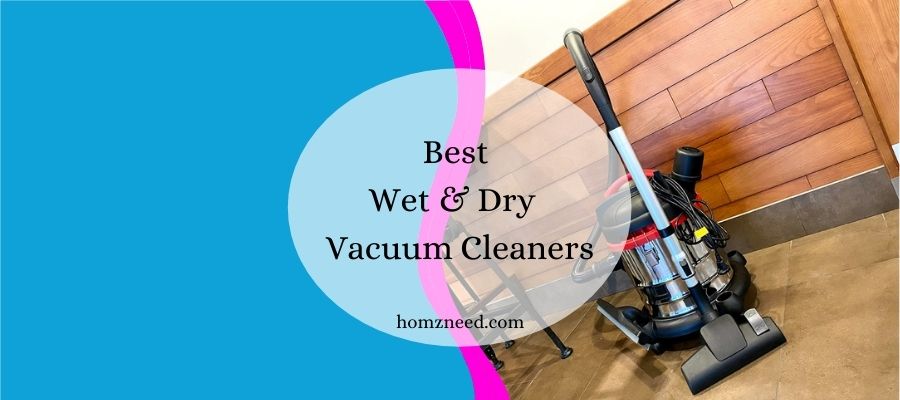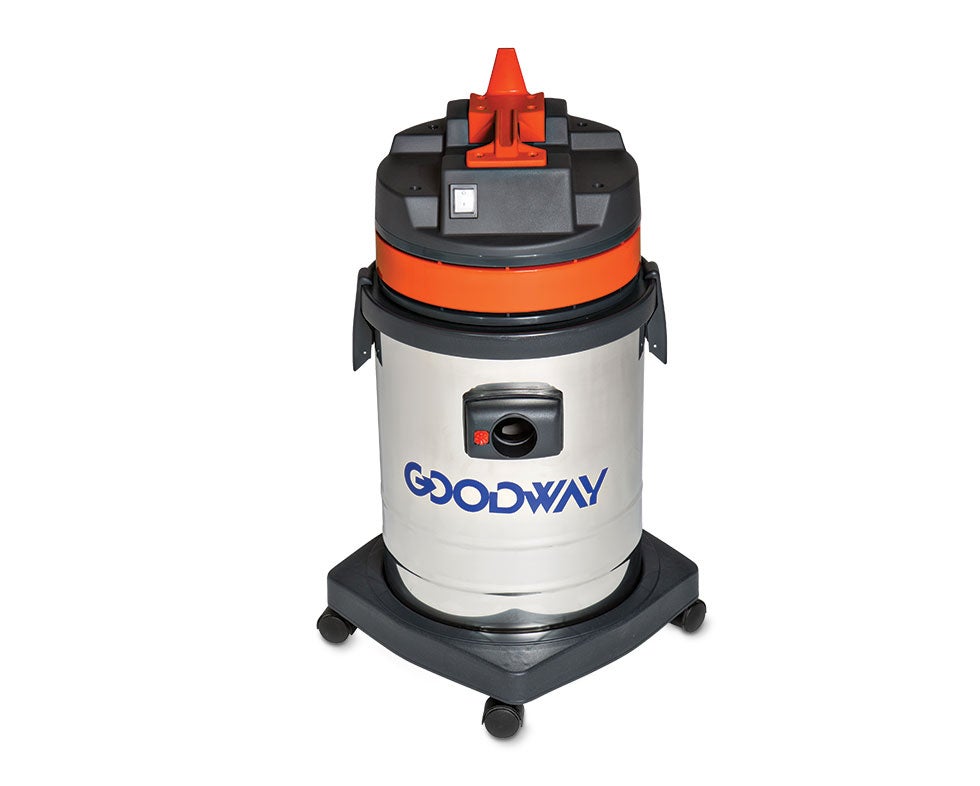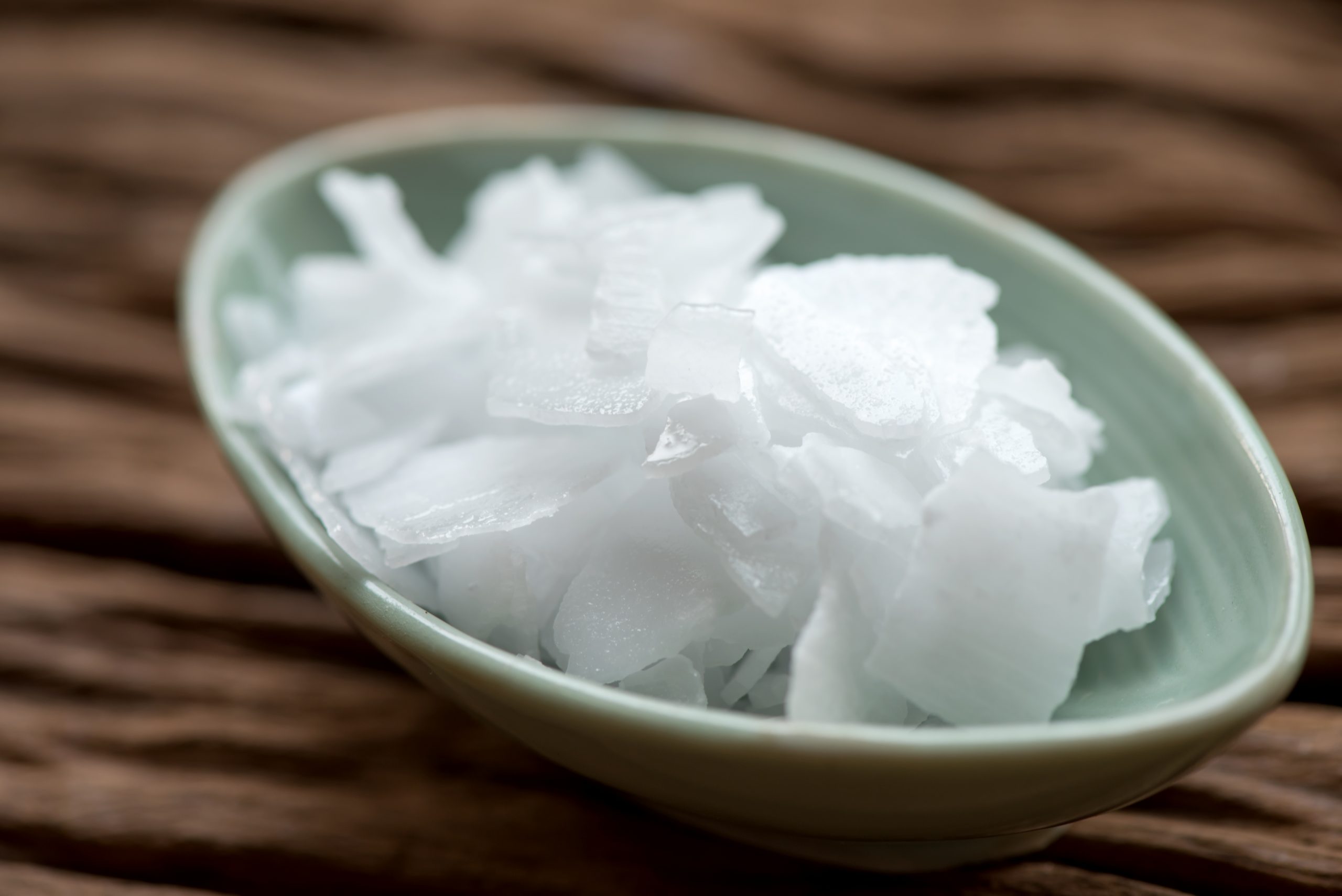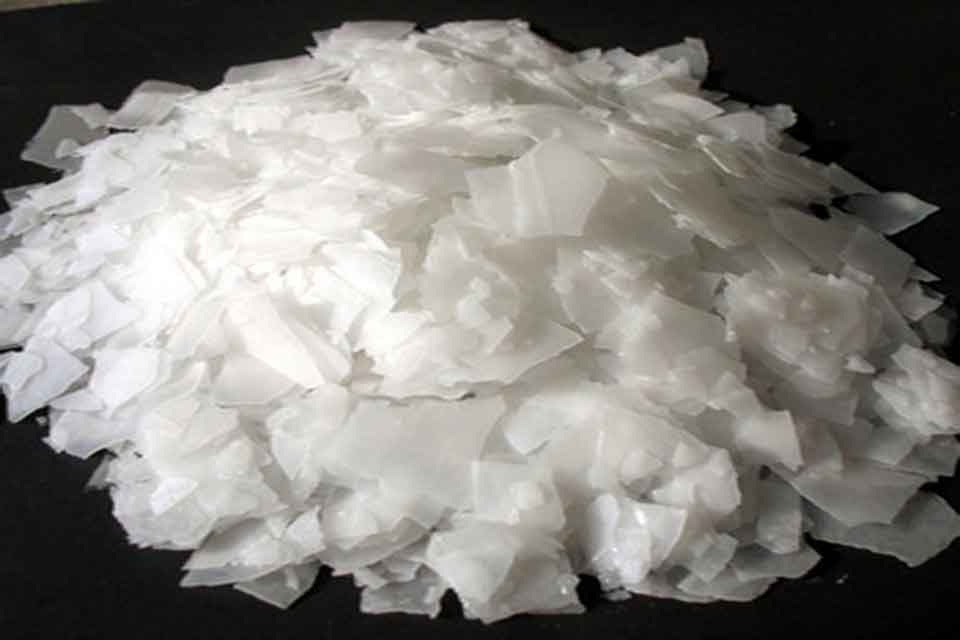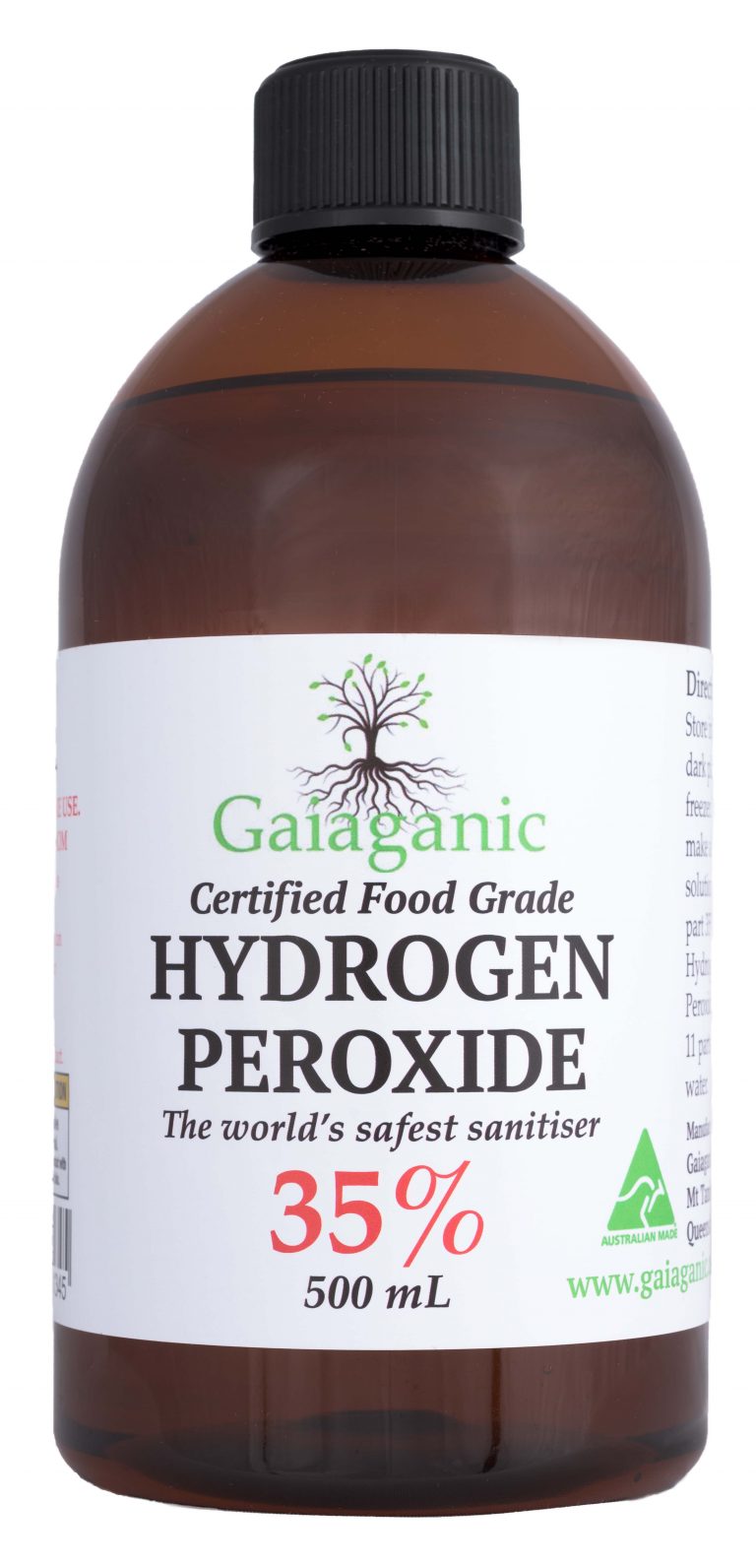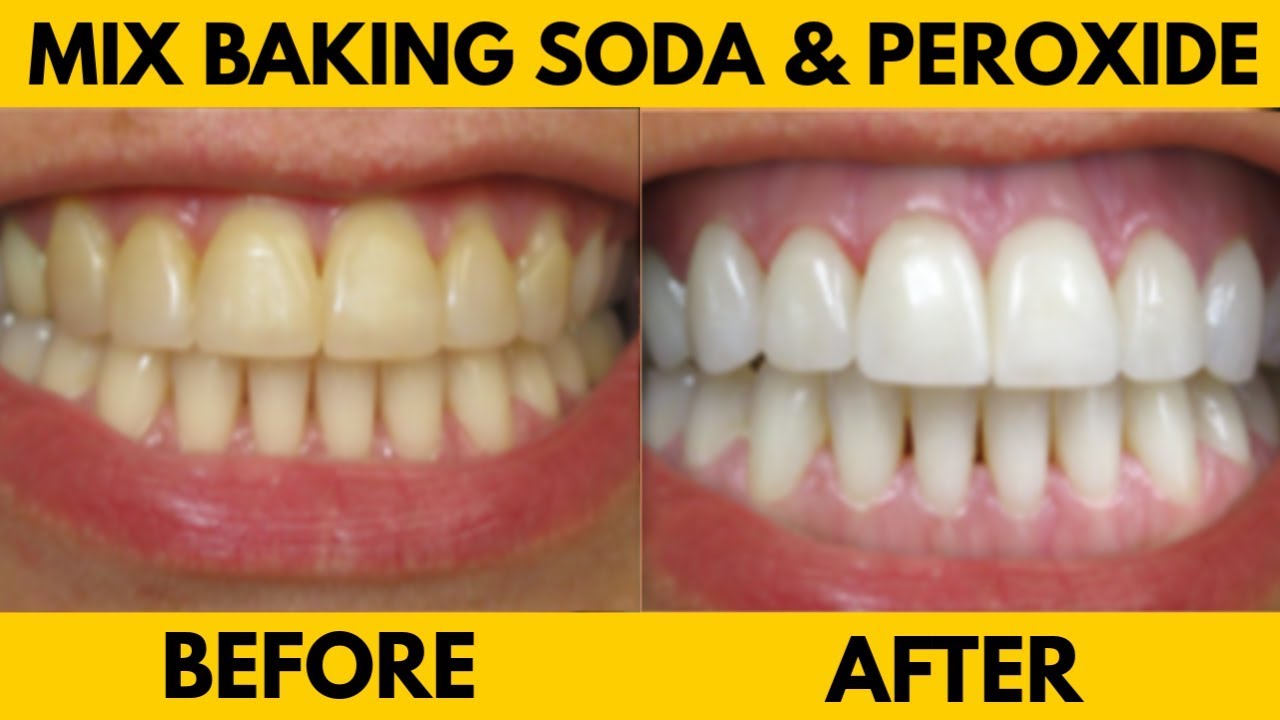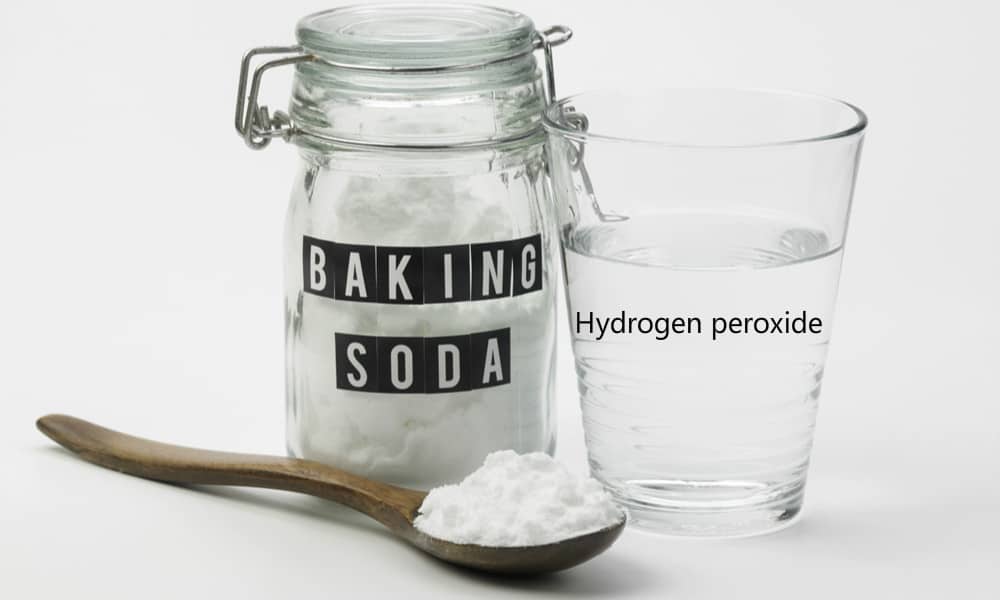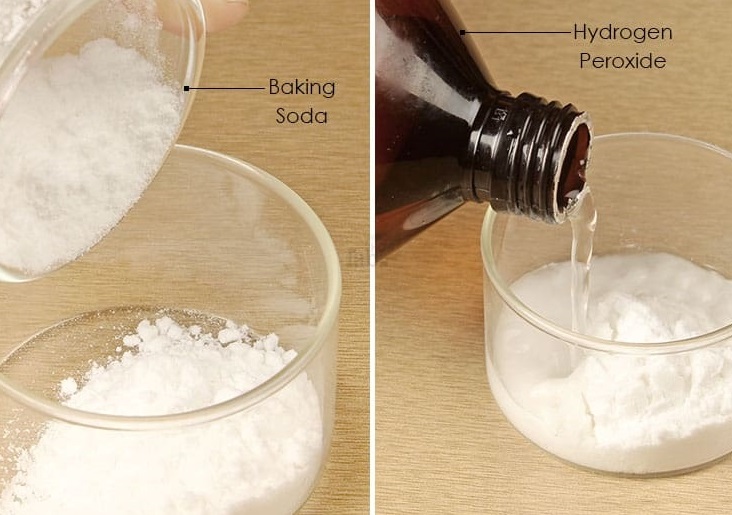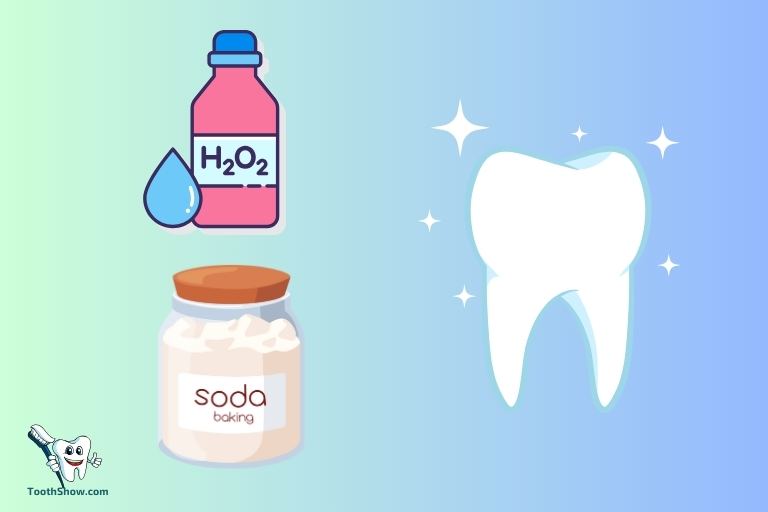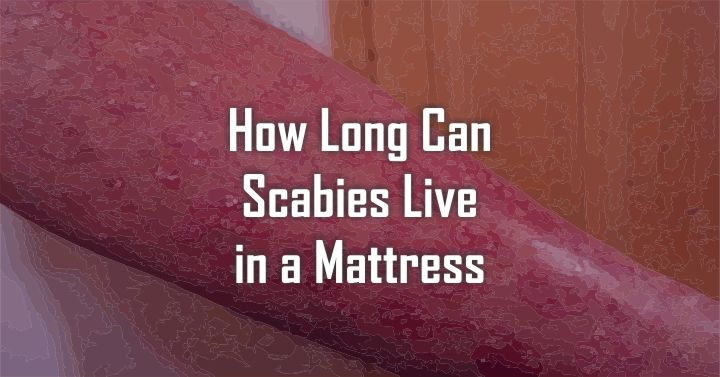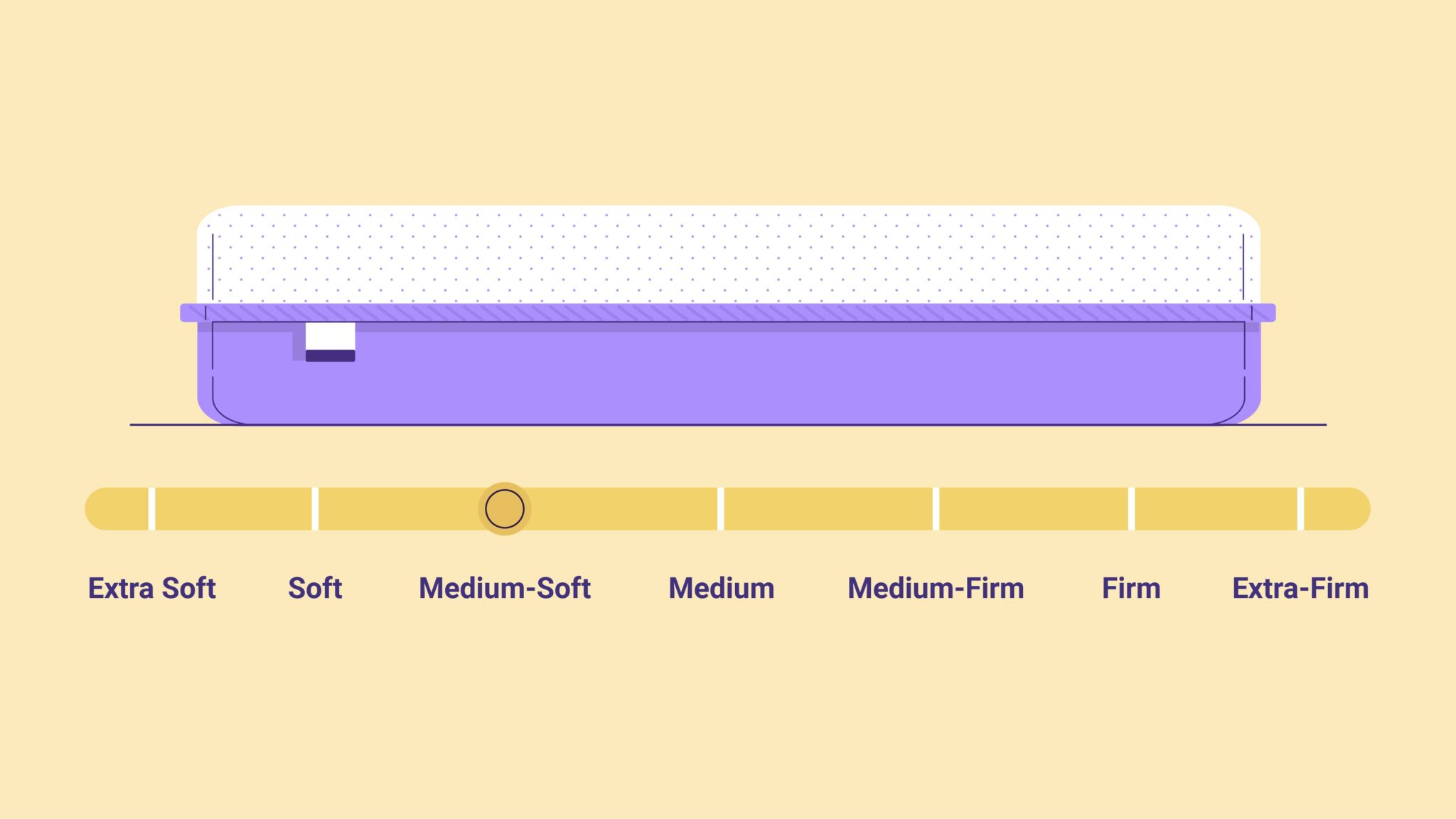If you're looking for a natural and effective way to unclog your kitchen sink, look no further than the dynamic duo of baking soda and vinegar. These two household staples work together to break down and dissolve clogs in your drain. Simply pour a cup of baking soda down the drain, followed by a cup of vinegar. Cover the drain with a cloth or plug and let the mixture sit for 30 minutes before flushing it with hot water. The fizzing action of the two ingredients will help to loosen and clear any buildup in your pipes.1. Baking Soda and Vinegar
Sometimes, the simplest solution is the most effective. For minor clogs or to prevent future clogs, pouring a pot of boiling water down your kitchen sink can do the trick. The hot water helps to break down grease and other buildup in your pipes, allowing it to flow freely. This method is quick, easy, and environmentally friendly.2. Boiling Water
Most commonly used for unclogging toilets, a plunger can also be a handy tool for unclogging kitchen sinks. Make sure to use a plunger with a flat rim, as opposed to a flange plunger, for better suction. Place the plunger over the drain and push down and pull up several times to create a vacuum and dislodge the clog. 3. Plunger
If you're dealing with a stubborn clog, a drain snake may be your best bet. This tool is designed to reach deep into your pipes and break up and remove any clogs. Simply insert the snake into the drain, twist and push it through the pipes until you feel resistance, then pull back to remove the clog. 4. Drain Snake
Another natural method for unclogging kitchen sinks is using a mixture of salt and hot water. Mix ½ cup of salt with 4 cups of hot water and stir until the salt dissolves. Pour the mixture down the drain and let it sit for 15 minutes before flushing it with hot water. The abrasive texture of the salt helps to break down and flush away any buildup in your pipes. 5. Salt and Hot Water
Dish soap is not just for washing dishes, it can also be a handy tool for unclogging kitchen sinks. Squirt a generous amount of dish soap down the drain, followed by a pot of hot water. The soap helps to lubricate and loosen any buildup in your pipes, allowing it to be flushed away with the hot water.6. Dish Soap and Hot Water
For a more natural and eco-friendly option, try using enzyme cleaners to unclog your kitchen sink. These cleaners contain natural enzymes that break down and dissolve organic matter, such as food particles and grease, in your pipes. Simply pour the recommended amount of cleaner down the drain, let it sit for the specified time, and then flush with hot water. 7. Enzyme Cleaners
If you have a wet/dry vacuum on hand, it can be a helpful tool for unclogging your kitchen sink. Make sure to remove any standing water from the sink before using the vacuum. Cover the drain with the vacuum's hose and create a seal. Turn the vacuum on to its highest setting and let it run for a few minutes to suck out the clog. 8. Wet/Dry Vacuum
Caustic soda, also known as sodium hydroxide, is a powerful chemical that can dissolve clogs in your kitchen sink. However, caution should be taken when using this method as it can be dangerous if not handled properly. Always wear gloves and protective eyewear when working with caustic soda. Follow the instructions on the packaging for the recommended amount to use, let it sit for the specified time, and then flush with hot water. 9. Caustic Soda
For a more potent and natural solution, try combining hydrogen peroxide and baking soda to unclog your kitchen sink. Mix ½ cup of each ingredient together and pour it down the drain. Let it sit for 30 minutes before flushing with hot water. The combination of these two ingredients creates a powerful reaction that can break down and dissolve stubborn clogs. With these top 10 best methods for unclogging your kitchen sink, you can say goodbye to pesky clogs and hello to a smoothly running drain. Remember to always use caution and follow instructions when working with chemicals and tools, and if the clog persists, it may be time to call in a professional plumber to ensure your pipes are in good condition.10. Hydrogen Peroxide and Baking Soda
Additional Body Paragraph: The Importance of Using Natural Methods to Unclog Your Kitchen Sink

Natural Ingredients: The Key to a Clean and Clear Kitchen Sink
 When it comes to unclogging your kitchen sink, it can be tempting to reach for harsh chemicals or expensive equipment to get the job done quickly. However, not only are these methods harmful to the environment, but they can also be damaging to your pipes and may not always effectively remove clogs. That's why it's essential to consider using natural methods to unclog your kitchen sink.
Natural ingredients
such as baking soda, vinegar, and lemon juice can be just as effective, if not more so, than chemical cleaners. Plus, they are
environmentally friendly
and won't cause any damage to your pipes.
When it comes to unclogging your kitchen sink, it can be tempting to reach for harsh chemicals or expensive equipment to get the job done quickly. However, not only are these methods harmful to the environment, but they can also be damaging to your pipes and may not always effectively remove clogs. That's why it's essential to consider using natural methods to unclog your kitchen sink.
Natural ingredients
such as baking soda, vinegar, and lemon juice can be just as effective, if not more so, than chemical cleaners. Plus, they are
environmentally friendly
and won't cause any damage to your pipes.
The Benefits of Using Natural Methods
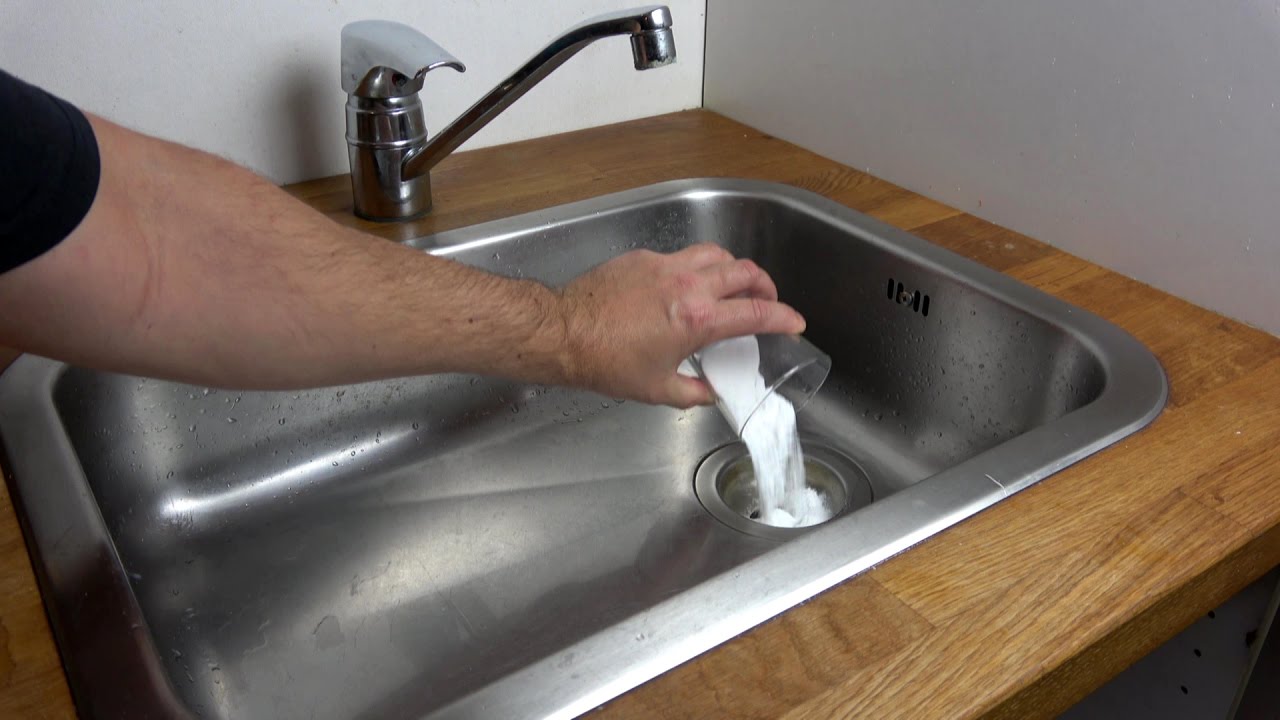 Aside from being better for the environment and your pipes, using natural methods to unclog your kitchen sink also has
health benefits
. Chemical cleaners can release harmful fumes and irritate your skin, eyes, and respiratory system. On the other hand, natural ingredients are
safe and non-toxic
, making them a healthier option for you and your family. They are also
cost-effective
, as most of these ingredients can be found in your pantry and are much cheaper than purchasing specialized tools or calling a plumber.
Aside from being better for the environment and your pipes, using natural methods to unclog your kitchen sink also has
health benefits
. Chemical cleaners can release harmful fumes and irritate your skin, eyes, and respiratory system. On the other hand, natural ingredients are
safe and non-toxic
, making them a healthier option for you and your family. They are also
cost-effective
, as most of these ingredients can be found in your pantry and are much cheaper than purchasing specialized tools or calling a plumber.
How to Use Natural Ingredients to Unclog Your Kitchen Sink
 There are several ways to use natural ingredients to unclog your kitchen sink. One popular method is to pour a mixture of
baking soda and vinegar
down the drain and let it sit for about 30 minutes before rinsing with hot water. Another option is to use
lemon juice and salt
, which can help break down grease and grime. You can also try using a
plunger
with hot water to dislodge the clog.
There are several ways to use natural ingredients to unclog your kitchen sink. One popular method is to pour a mixture of
baking soda and vinegar
down the drain and let it sit for about 30 minutes before rinsing with hot water. Another option is to use
lemon juice and salt
, which can help break down grease and grime. You can also try using a
plunger
with hot water to dislodge the clog.
Prevent Future Clogs with Natural Methods
 Not only are natural methods effective in unclogging your kitchen sink, but they can also be used as a
preventative measure
to avoid future clogs. Regularly pouring a mixture of baking soda and vinegar down your drain can help keep it clear and eliminate any build-up of grease and food particles. You can also try using a
hair catcher
in your sink to prevent hair and other debris from clogging your drain.
In conclusion, when it comes to
unclogging your kitchen sink
, natural methods should be your go-to solution. They are
effective, environmentally friendly, and safe
for you and your family. So next time your kitchen sink is clogged, try using natural ingredients before reaching for those harsh chemicals. Your pipes, wallet, and the environment will thank you.
Not only are natural methods effective in unclogging your kitchen sink, but they can also be used as a
preventative measure
to avoid future clogs. Regularly pouring a mixture of baking soda and vinegar down your drain can help keep it clear and eliminate any build-up of grease and food particles. You can also try using a
hair catcher
in your sink to prevent hair and other debris from clogging your drain.
In conclusion, when it comes to
unclogging your kitchen sink
, natural methods should be your go-to solution. They are
effective, environmentally friendly, and safe
for you and your family. So next time your kitchen sink is clogged, try using natural ingredients before reaching for those harsh chemicals. Your pipes, wallet, and the environment will thank you.



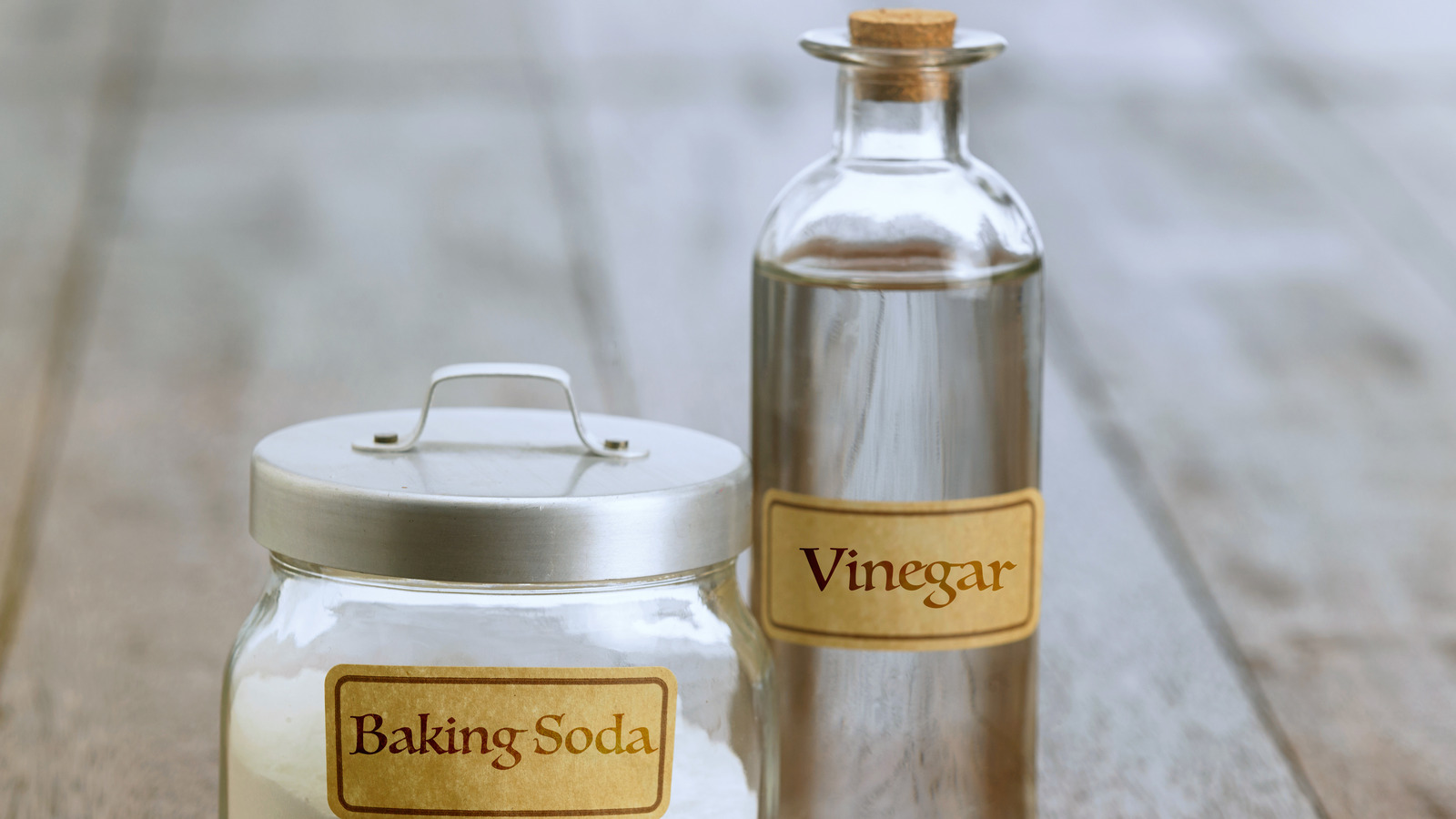




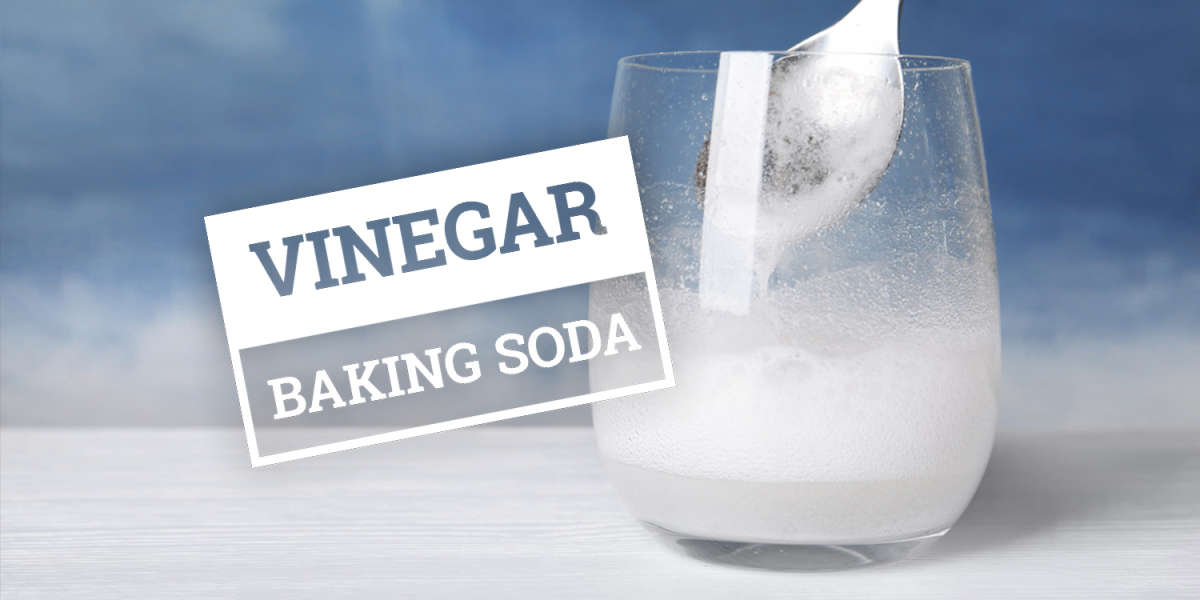
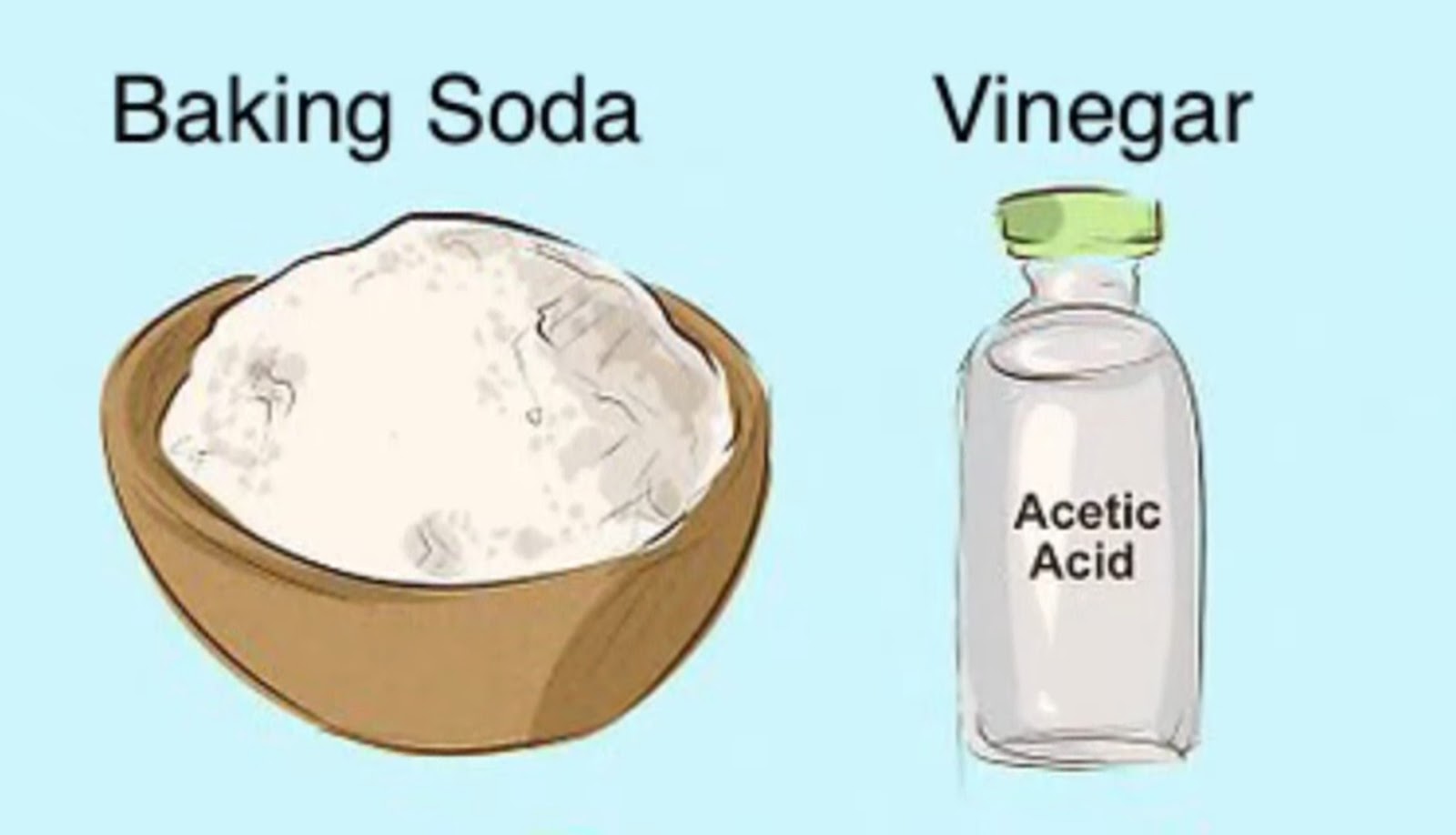



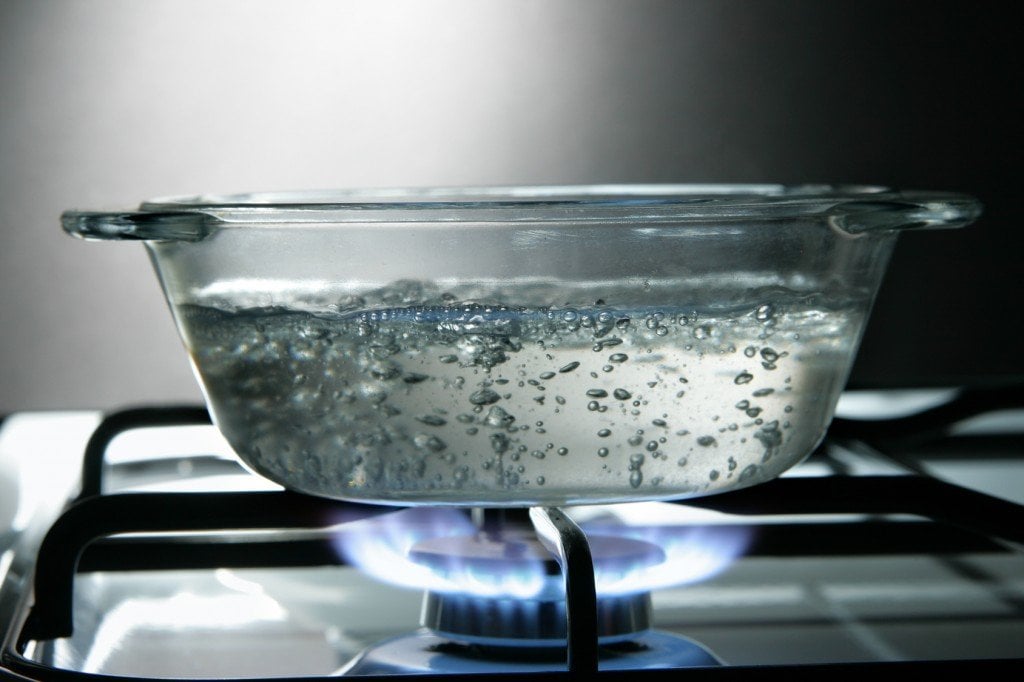

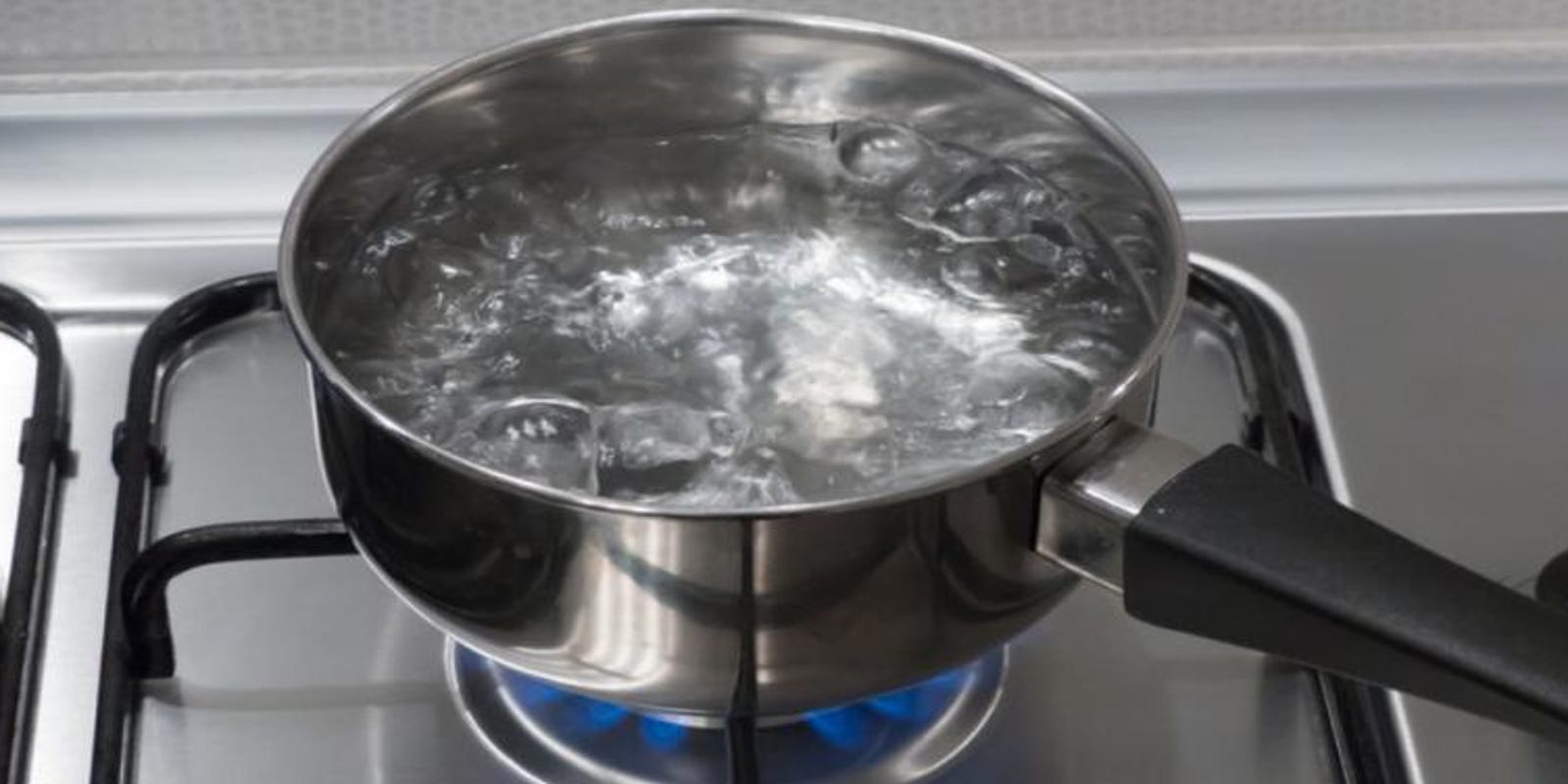

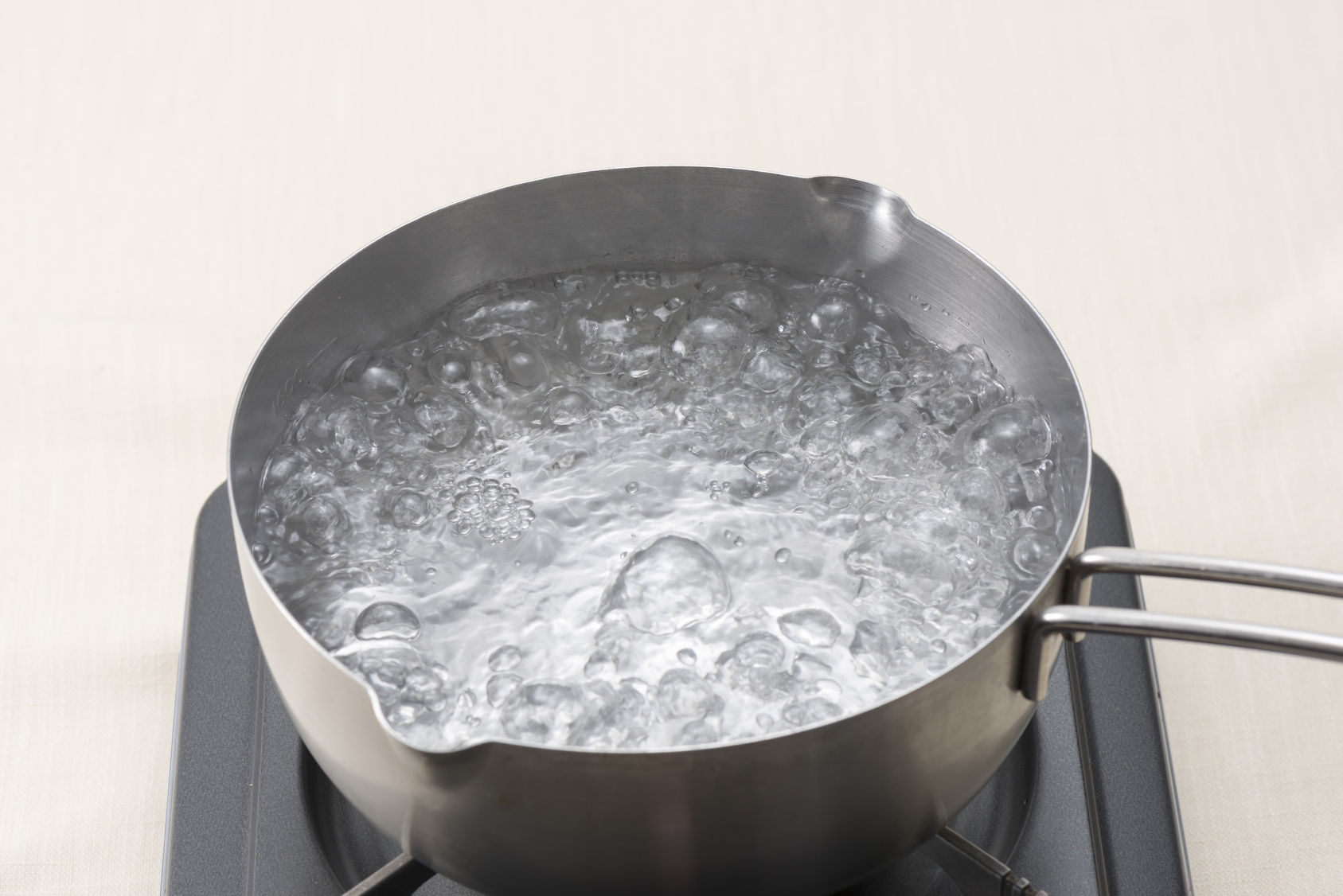
/boiling-water-on-gas-stove-143735234-5790aeb35f9b584d2005e949.jpg)
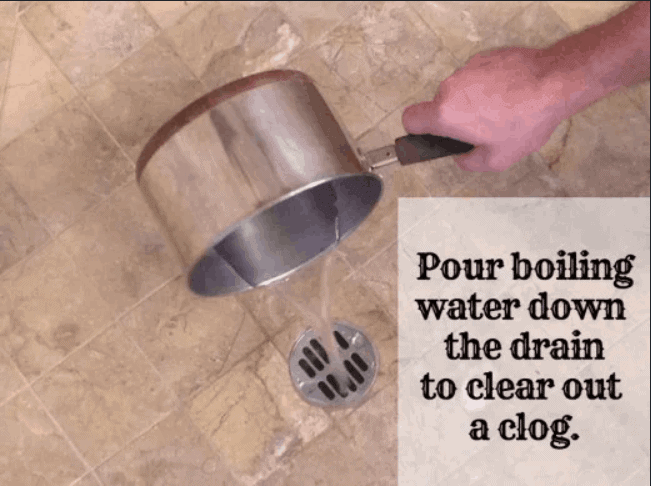


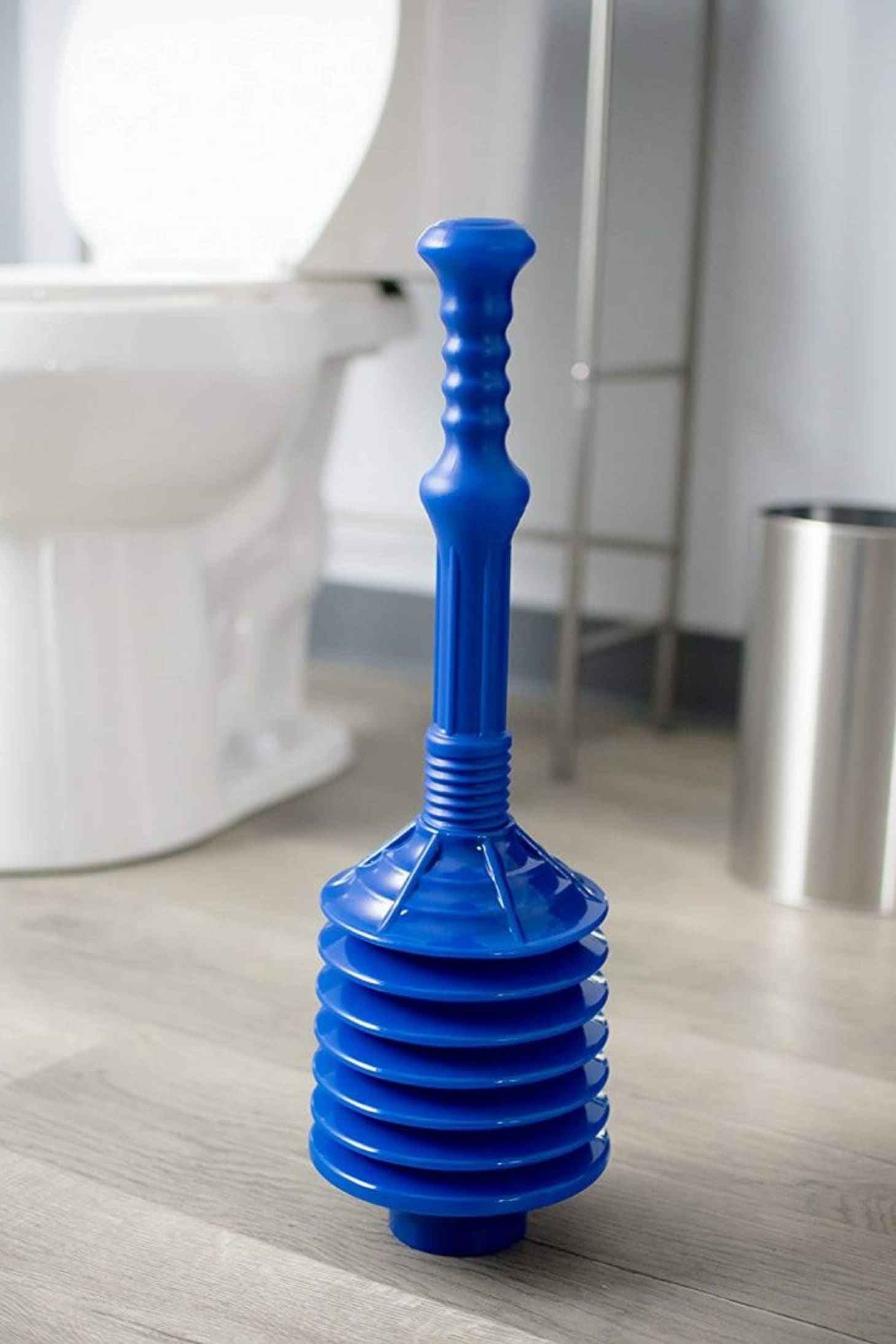

:max_bytes(150000):strip_icc()/toilet-plunger-80708184-5797d8885f9b58461f591260.jpg)
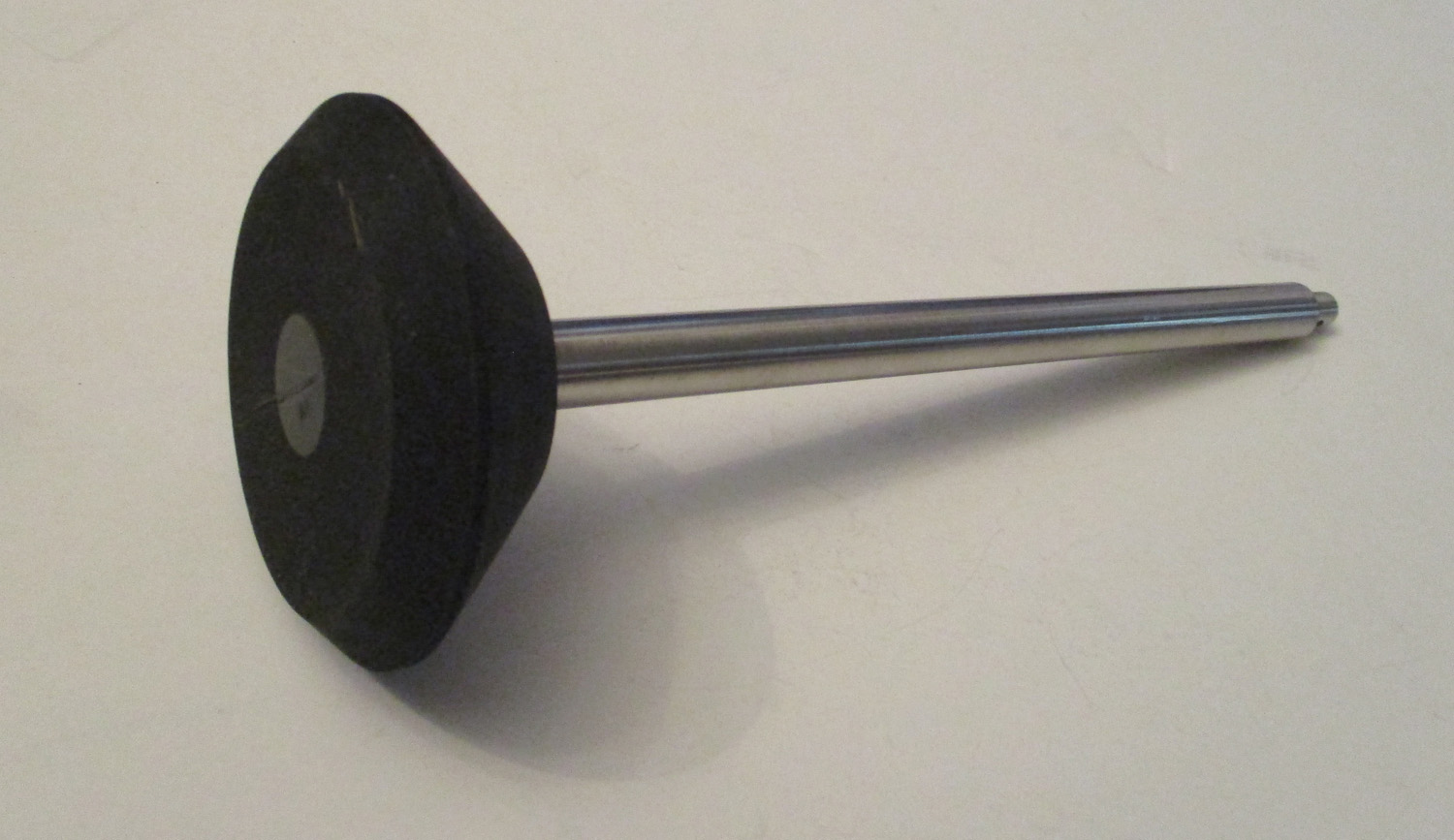
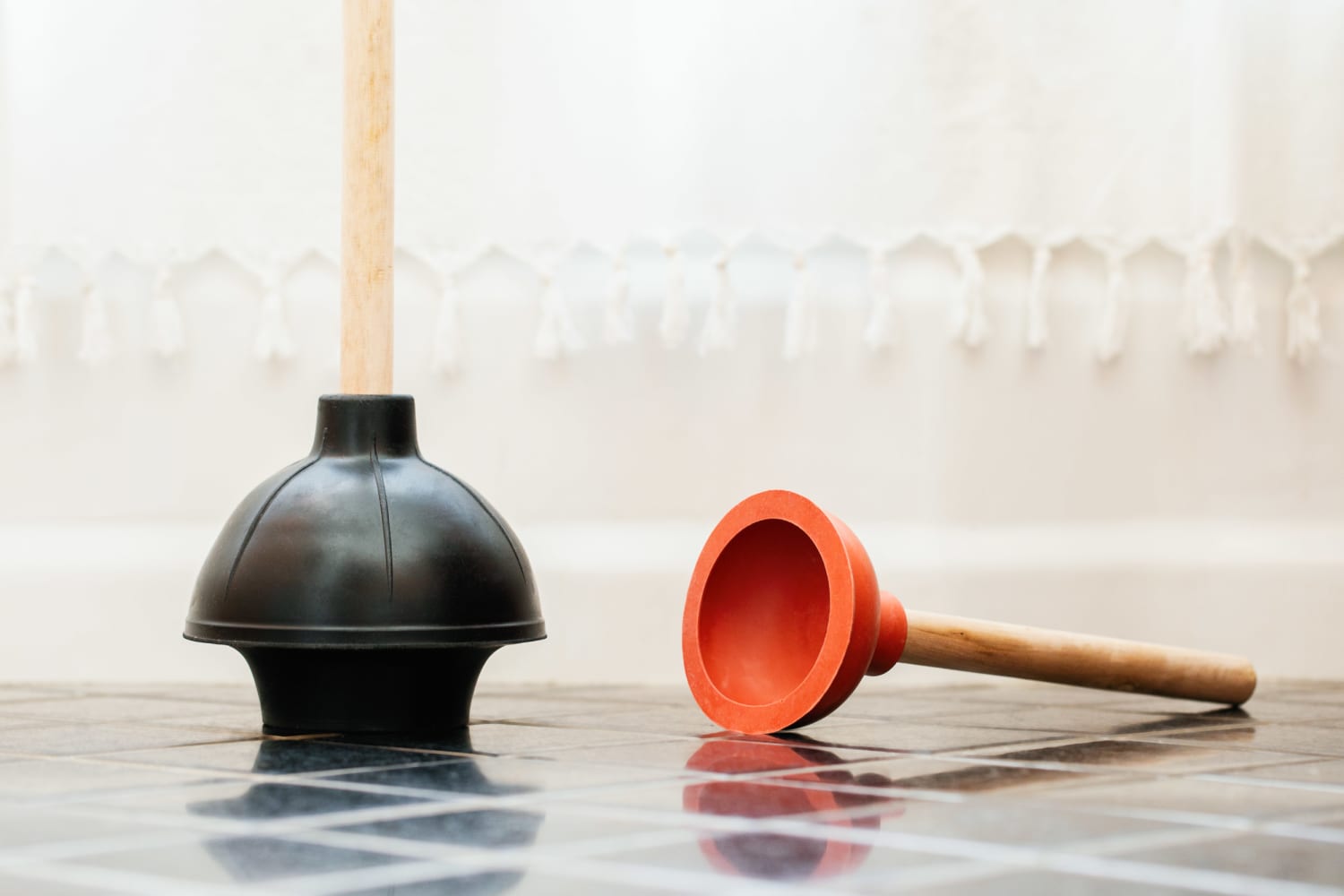



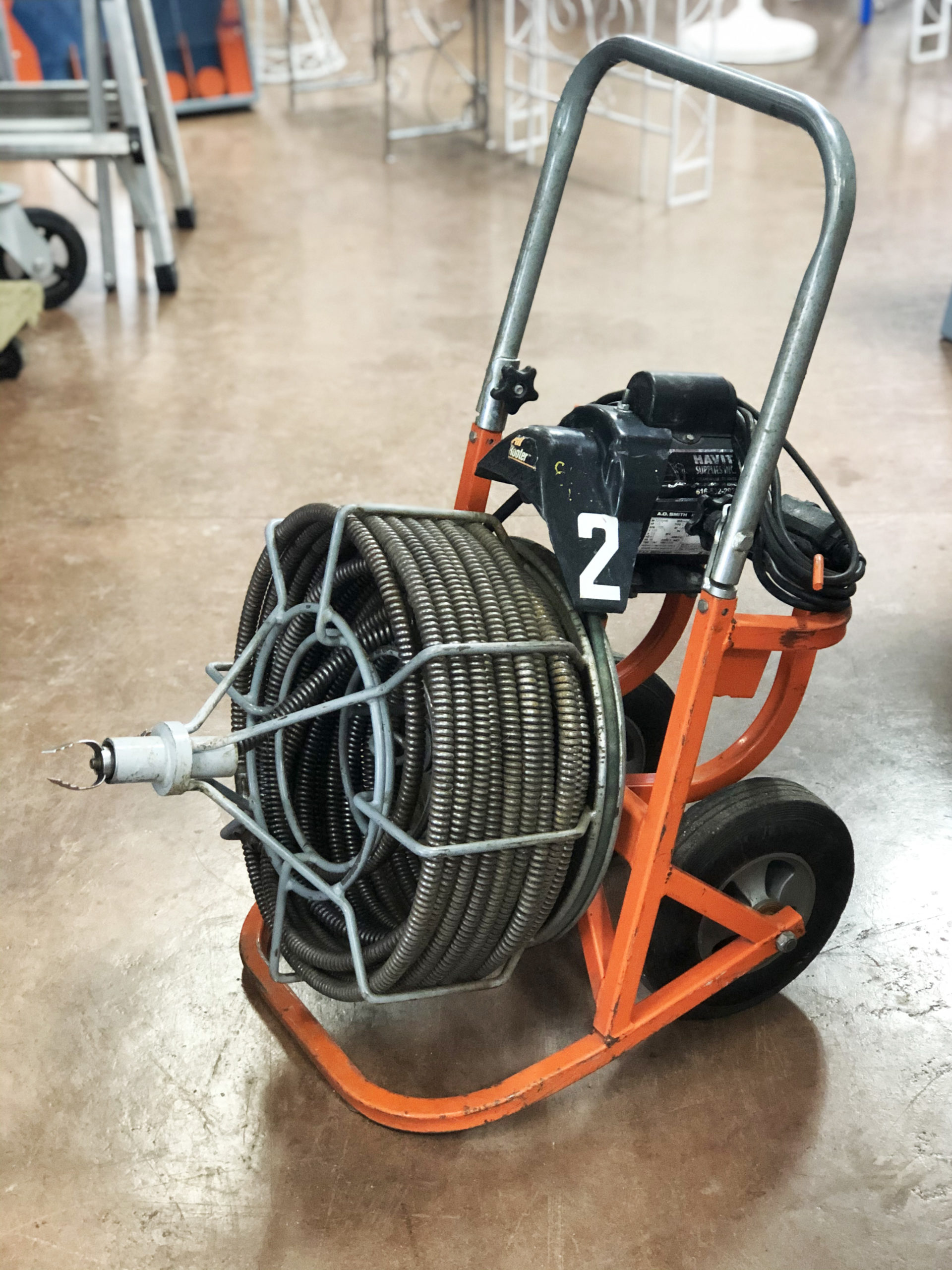
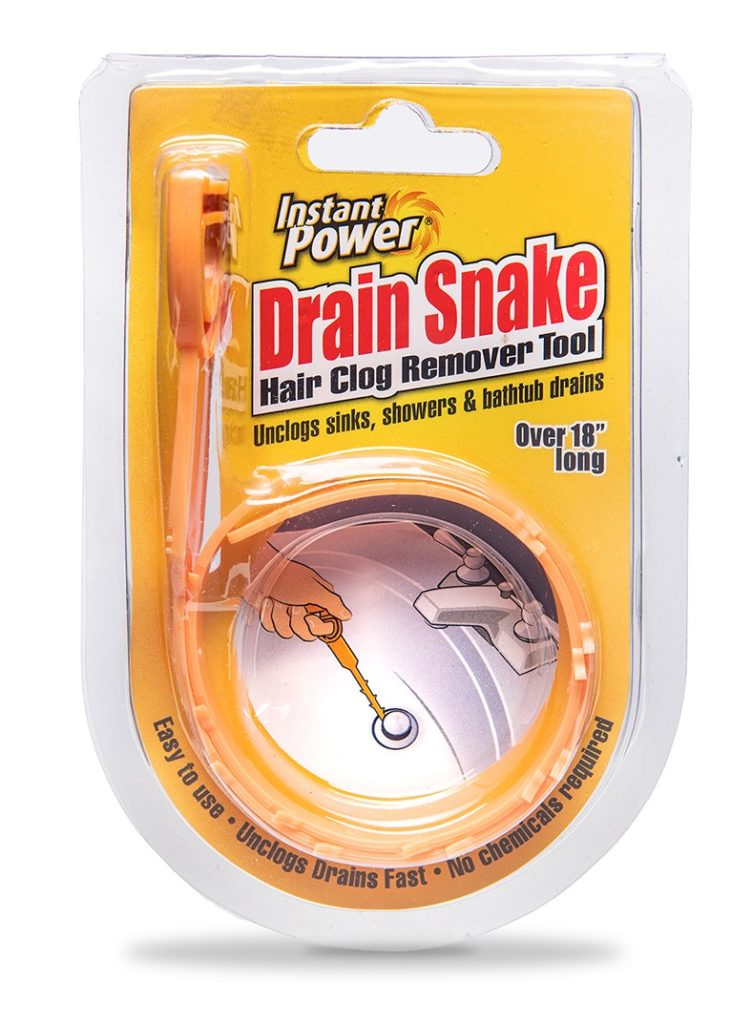

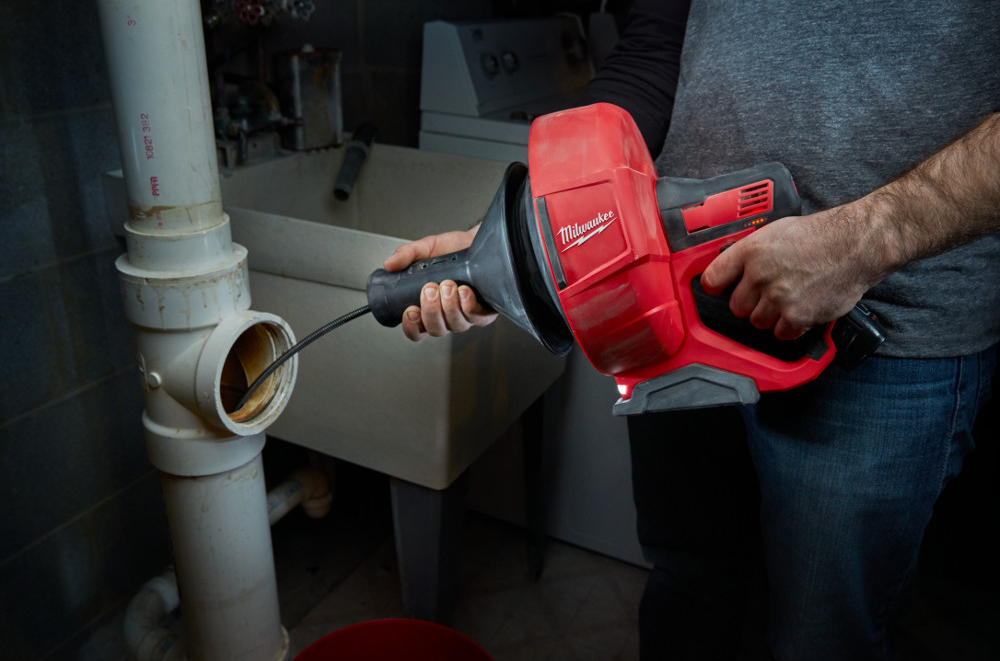
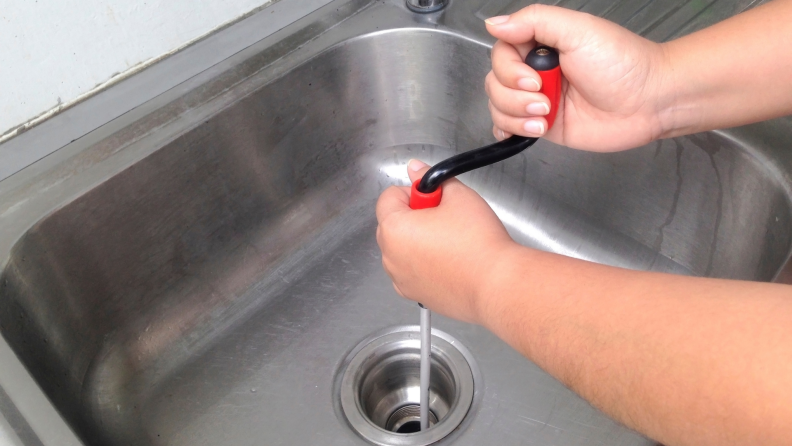

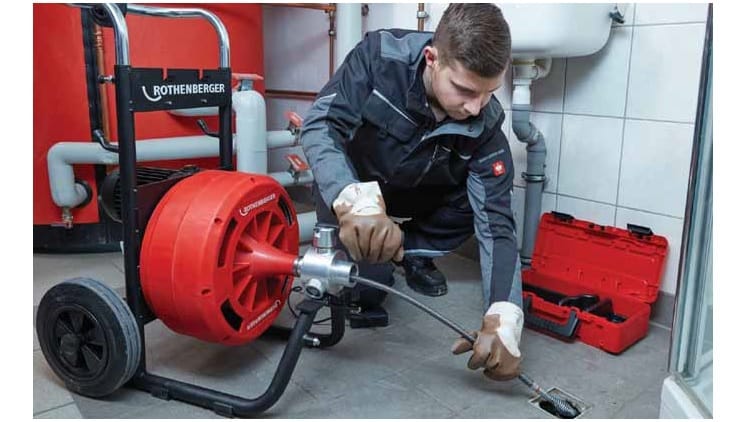

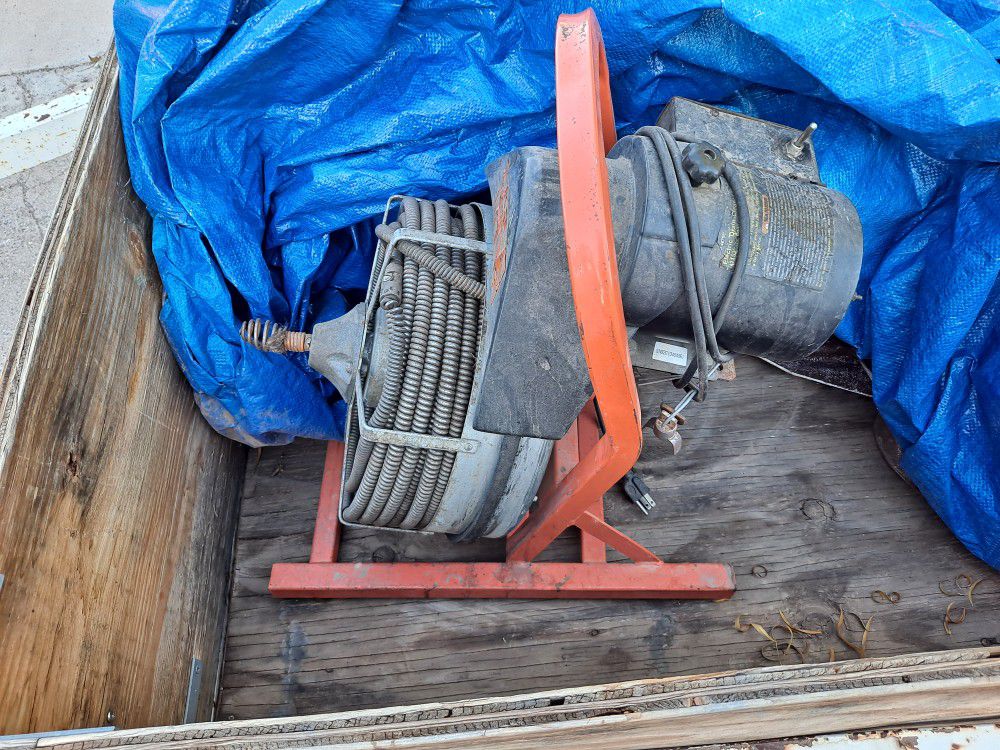
:max_bytes(150000):strip_icc()/Vastar-4-Pack-Drain-Snake-50b0e77281b244e386d046ca25ba76b6.jpg)
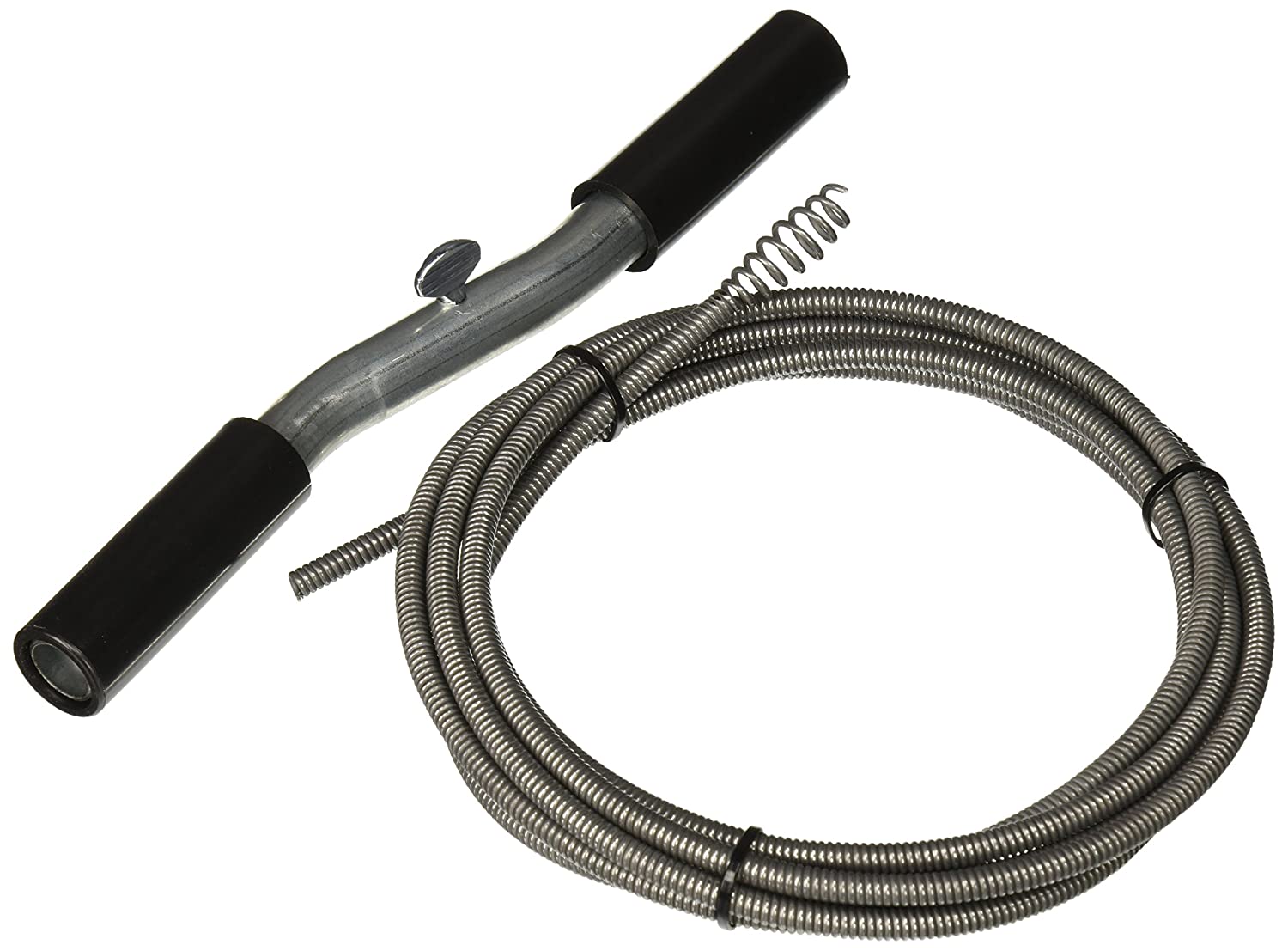






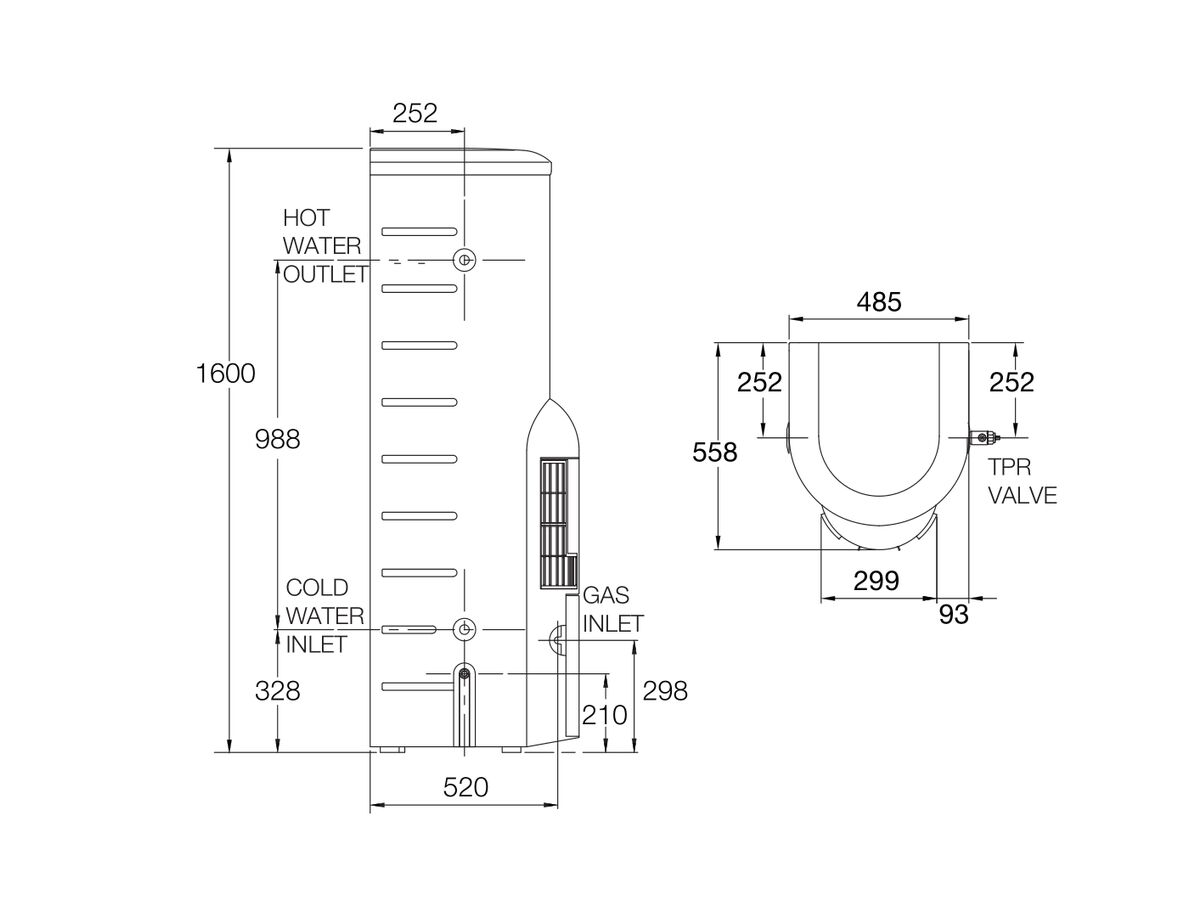



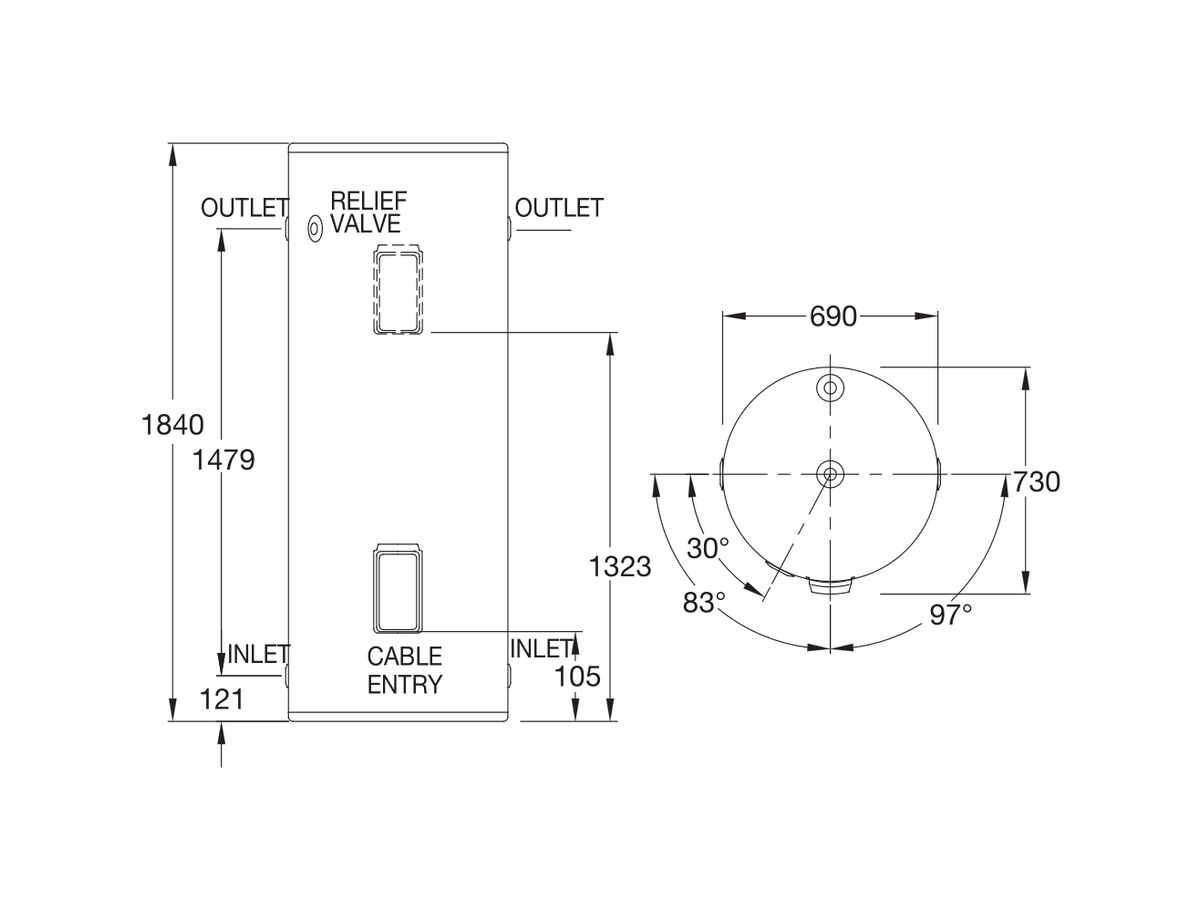



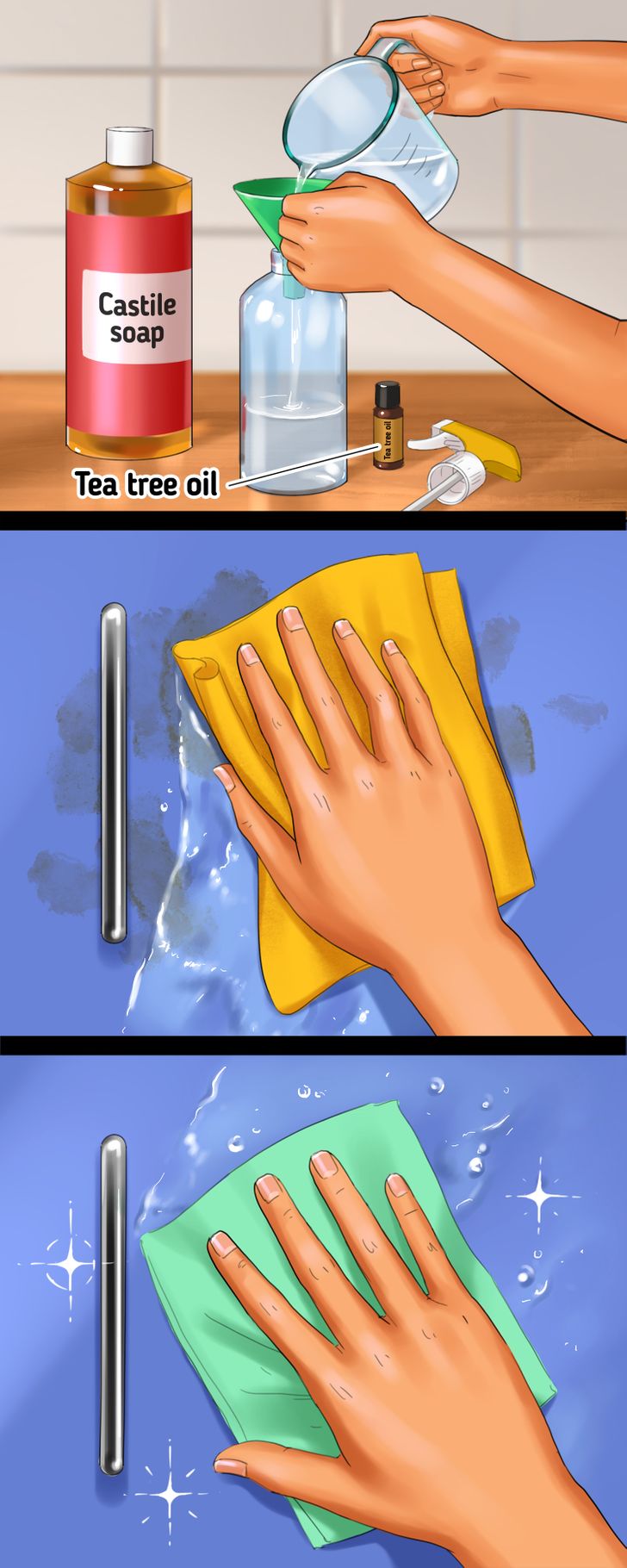
/GettyImages-80566571-5a1ca234aad52b00373338ff.jpg)
